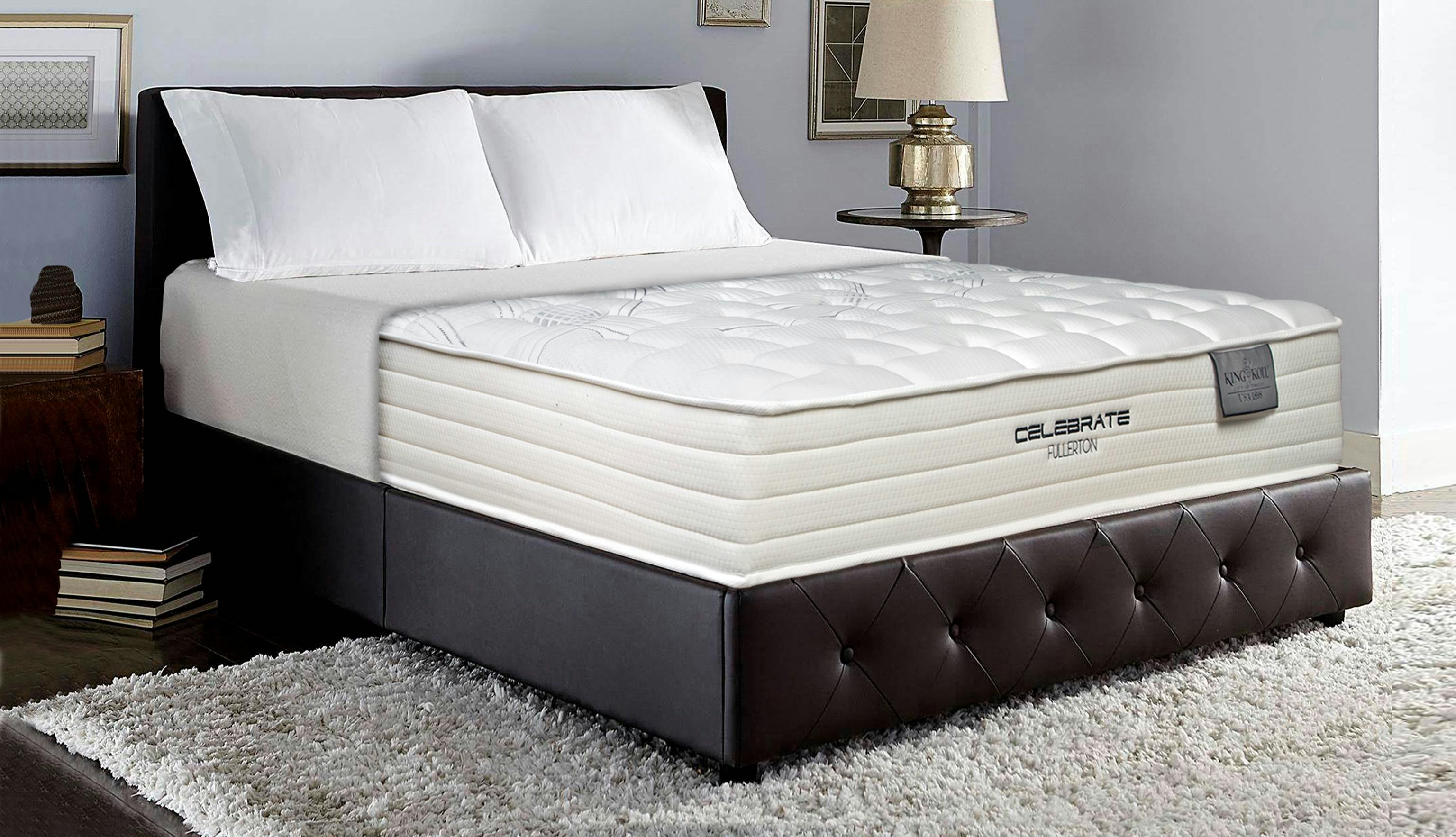Rubber gaskets are one of the most common types of gaskets used in bathroom sinks. They are made from synthetic rubber materials and are known for their flexibility, durability, and resistance to water and chemicals. These gaskets are usually black in color and come in various sizes to fit different sink models. They are also known for their affordability, making them a popular choice among homeowners and plumbers alike. Rubber gaskets
Silicone gaskets are another popular choice for bathroom sink gaskets. They are made from a type of rubber known as silicone, which is known for its heat resistance and ability to withstand extreme temperatures. These gaskets are also highly flexible and durable, making them a great option for sealing sink joints and preventing leaks. They are also available in various sizes and are easy to install, making them a go-to choice for many plumbers. Silicone gaskets
Neoprene gaskets are made from a type of synthetic rubber called neoprene, which is known for its resistance to oil, chemicals, and extreme temperatures. These gaskets are usually black in color and have a smooth surface, making them easy to install and provide a secure seal. They are also known for their long-lasting durability, making them a great option for bathroom sink gaskets. Neoprene gaskets
Foam gaskets are made from a type of foam material, usually polyethylene or polyurethane. These gaskets are lightweight and have excellent insulation properties, making them a great option for bathroom sinks that are exposed to extreme temperatures. They are also known for their water-resistant properties, making them a popular choice for sealing sink joints and preventing leaks. Foam gaskets come in various sizes and shapes, making them suitable for different sink models. Foam gaskets
Cork gaskets are made from a natural material, cork, which is known for its flexibility and resistance to water and oil. These gaskets are usually brown in color and have a textured surface, making them ideal for sealing sink joints and preventing leaks. They are also known for their ability to conform to uneven surfaces, making them a great option for old or damaged sinks. Cork gaskets
Paper gaskets, also known as gasket paper, are made from a type of paper that is specially treated to resist oil and water. These gaskets are usually thin and come in various thicknesses and sizes to fit different sink models. They are known for their affordability and are commonly used as temporary seals for bathroom sinks. However, they are not as durable as other gasket materials and may need to be replaced more often. Paper gaskets
Fiber gaskets are made from a type of material, usually compressed asbestos or ceramic, that is known for its high strength and resistance to heat and chemicals. These gaskets are commonly used in industrial settings but can also be used for bathroom sinks that are exposed to extreme temperatures and harsh chemicals. They are also known for their ability to conform to uneven surfaces, making them a great option for sealing sink joints. Fiber gaskets
Metal gaskets, also known as metal jacketed gaskets, are made from a metal core with a coating of rubber or other materials. These gaskets are known for their high strength and durability, making them a popular choice for high-pressure and high-temperature bathroom sinks. They are also known for their resistance to chemicals and provide a secure and long-lasting seal. However, they can be more expensive than other gasket materials and may require professional installation. Metal gaskets
O-ring gaskets are a type of rubber or silicone gasket in the shape of a ring. They are commonly used in bathroom sinks to seal joints and prevent leaks. These gaskets are known for their ability to withstand extreme temperatures, chemicals, and pressure, making them a great option for industrial and commercial settings. They are also easy to install and can be replaced quickly when needed. O-ring gaskets
Flange gaskets are designed specifically for sealing the connection between a bathroom sink and its drain pipe. They are usually made from rubber or other flexible materials and come in various sizes and shapes to fit different sink models. These gaskets are known for their ability to provide a watertight seal and prevent leaks. They are also easy to install and can be replaced when needed without much hassle. Flange gaskets
The Importance of Choosing the Right Plumbing Gasket for Your Bathroom Sink
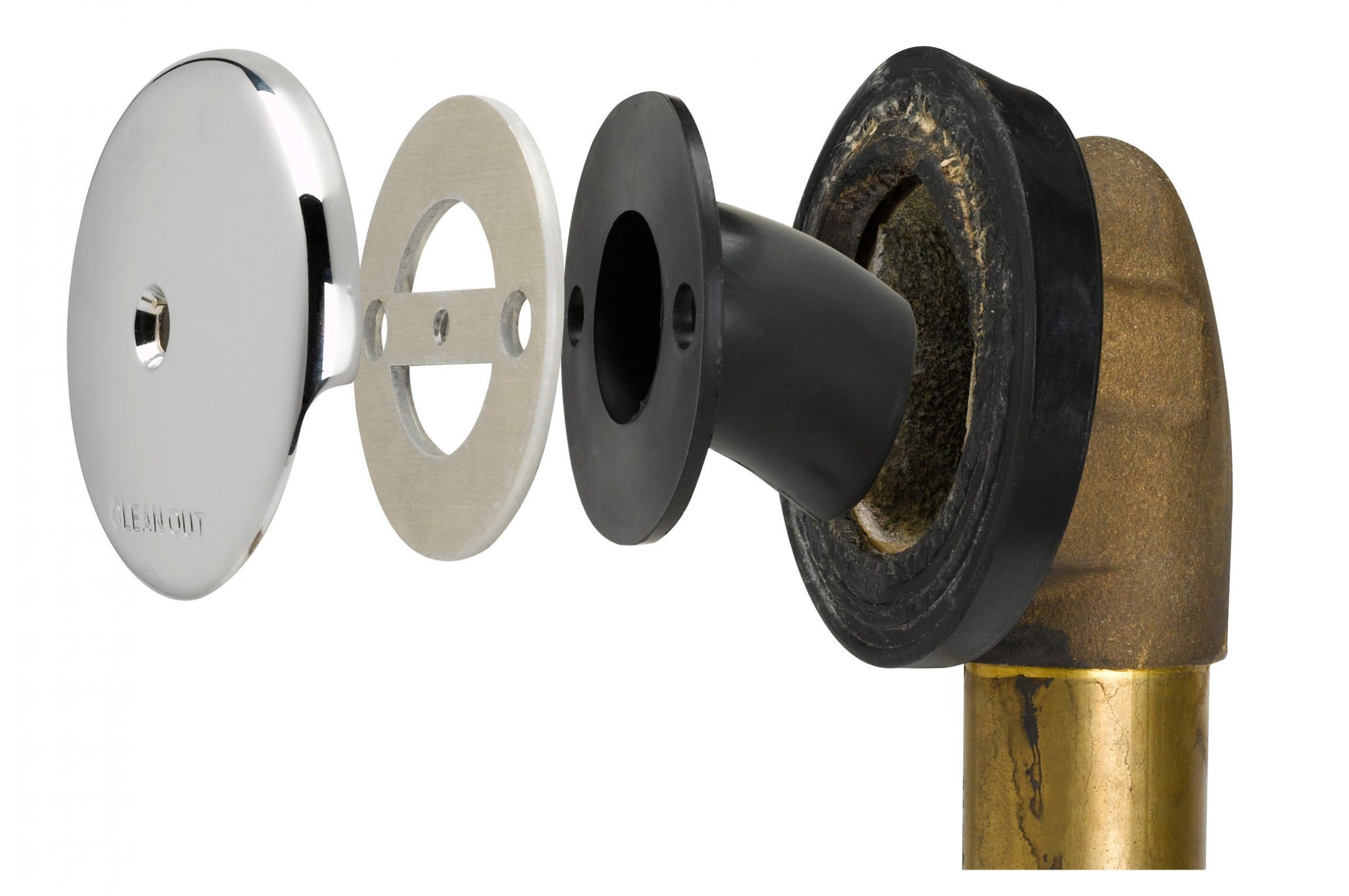
Types of Plumbing Gaskets
 When it comes to designing your dream bathroom, every little detail counts. This includes choosing the right plumbing gasket for your bathroom sink. A plumbing gasket is a small but essential piece of your sink's plumbing system that helps to create a watertight seal between the sink and the drain. Without a proper gasket, your sink could leak, causing water damage and potential mold growth. In this article, we will discuss the various types of plumbing gaskets for your bathroom sink and why it is important to choose the right one.
Rubber Gaskets
Rubber gaskets are the most common type of gasket used in plumbing. They are made of durable rubber and come in a variety of sizes and shapes to fit different sink and drain configurations. Rubber gaskets are easy to install and provide a secure seal, making them a popular choice for bathroom sinks.
Silicone Gaskets
Silicone gaskets are a newer option for bathroom sink plumbing. They are made of a flexible silicone material that is resistant to high temperatures and chemicals, making them ideal for use in a bathroom setting. Silicone gaskets are also easy to install and provide a long-lasting seal.
Foam Gaskets
Foam gaskets are a budget-friendly option for those looking to replace their plumbing gasket. They are made of compressed foam and are available in various sizes and shapes. While foam gaskets may not last as long as rubber or silicone gaskets, they can still provide a reliable seal for your bathroom sink.
Fiber Gaskets
Fiber gaskets are another common type of gasket used in plumbing. They are made of a soft fiber material, such as cork or paper, and are designed to compress when tightened to create a watertight seal. Fiber gaskets are affordable and easy to install, but they may not be as durable as rubber or silicone gaskets.
When it comes to designing your dream bathroom, every little detail counts. This includes choosing the right plumbing gasket for your bathroom sink. A plumbing gasket is a small but essential piece of your sink's plumbing system that helps to create a watertight seal between the sink and the drain. Without a proper gasket, your sink could leak, causing water damage and potential mold growth. In this article, we will discuss the various types of plumbing gaskets for your bathroom sink and why it is important to choose the right one.
Rubber Gaskets
Rubber gaskets are the most common type of gasket used in plumbing. They are made of durable rubber and come in a variety of sizes and shapes to fit different sink and drain configurations. Rubber gaskets are easy to install and provide a secure seal, making them a popular choice for bathroom sinks.
Silicone Gaskets
Silicone gaskets are a newer option for bathroom sink plumbing. They are made of a flexible silicone material that is resistant to high temperatures and chemicals, making them ideal for use in a bathroom setting. Silicone gaskets are also easy to install and provide a long-lasting seal.
Foam Gaskets
Foam gaskets are a budget-friendly option for those looking to replace their plumbing gasket. They are made of compressed foam and are available in various sizes and shapes. While foam gaskets may not last as long as rubber or silicone gaskets, they can still provide a reliable seal for your bathroom sink.
Fiber Gaskets
Fiber gaskets are another common type of gasket used in plumbing. They are made of a soft fiber material, such as cork or paper, and are designed to compress when tightened to create a watertight seal. Fiber gaskets are affordable and easy to install, but they may not be as durable as rubber or silicone gaskets.
Choosing the Right Gasket for Your Bathroom Sink
 When it comes to choosing the right gasket for your bathroom sink, it is important to consider the size and shape of your sink and drain, as well as the type of material your sink is made of. Additionally, you will want to ensure that the gasket is compatible with the type of plumbing fixtures and hardware you have in your bathroom.
In conclusion, while it may seem like a small detail, choosing the right plumbing gasket for your bathroom sink is crucial for preventing leaks and maintaining the overall functionality and design of your bathroom. Consider the different types of gaskets available and choose the one that best fits your needs and budget. By doing so, you can ensure a secure and long-lasting seal for your sink and avoid any potential plumbing problems in the future.
When it comes to choosing the right gasket for your bathroom sink, it is important to consider the size and shape of your sink and drain, as well as the type of material your sink is made of. Additionally, you will want to ensure that the gasket is compatible with the type of plumbing fixtures and hardware you have in your bathroom.
In conclusion, while it may seem like a small detail, choosing the right plumbing gasket for your bathroom sink is crucial for preventing leaks and maintaining the overall functionality and design of your bathroom. Consider the different types of gaskets available and choose the one that best fits your needs and budget. By doing so, you can ensure a secure and long-lasting seal for your sink and avoid any potential plumbing problems in the future.
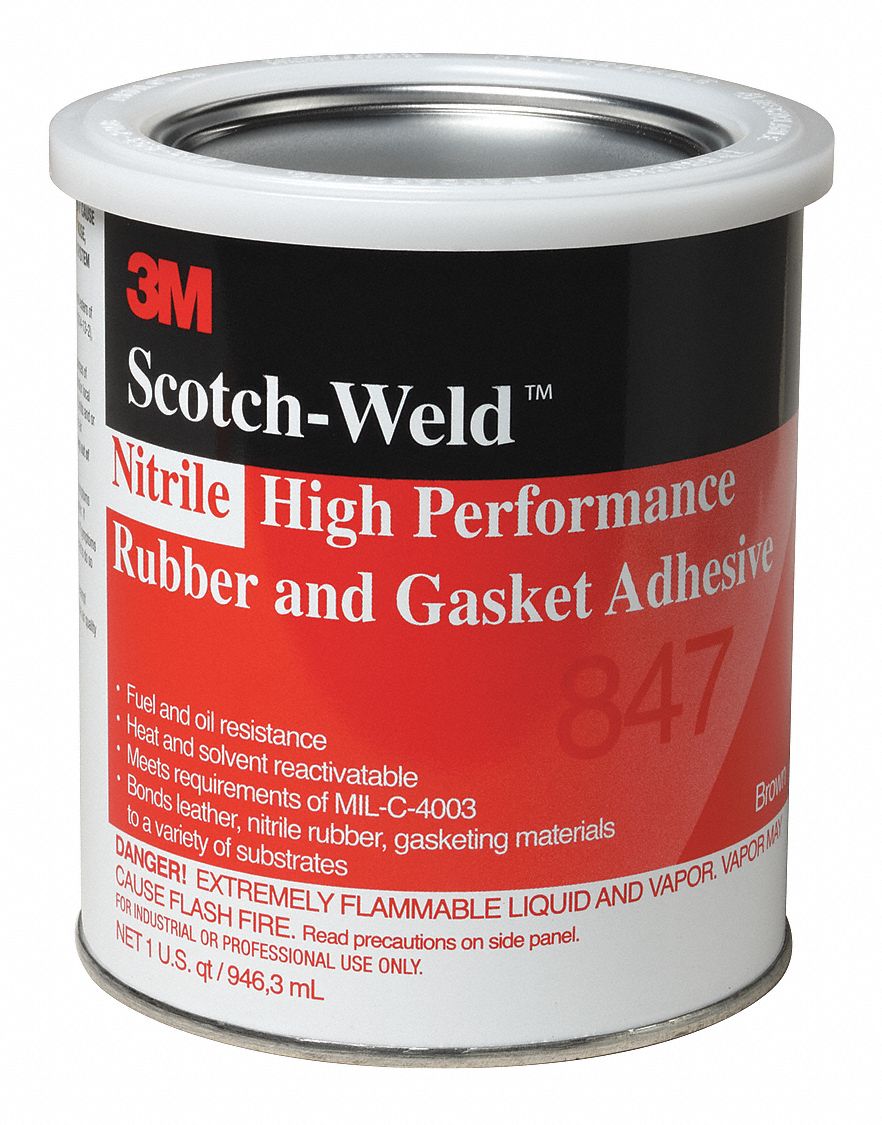

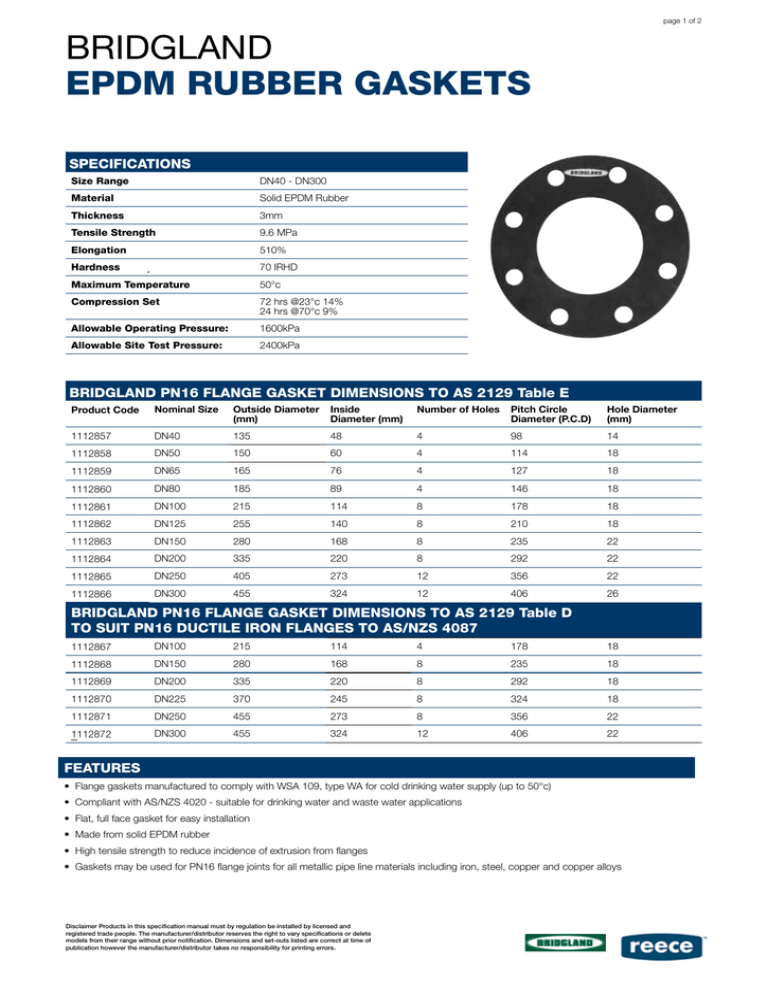


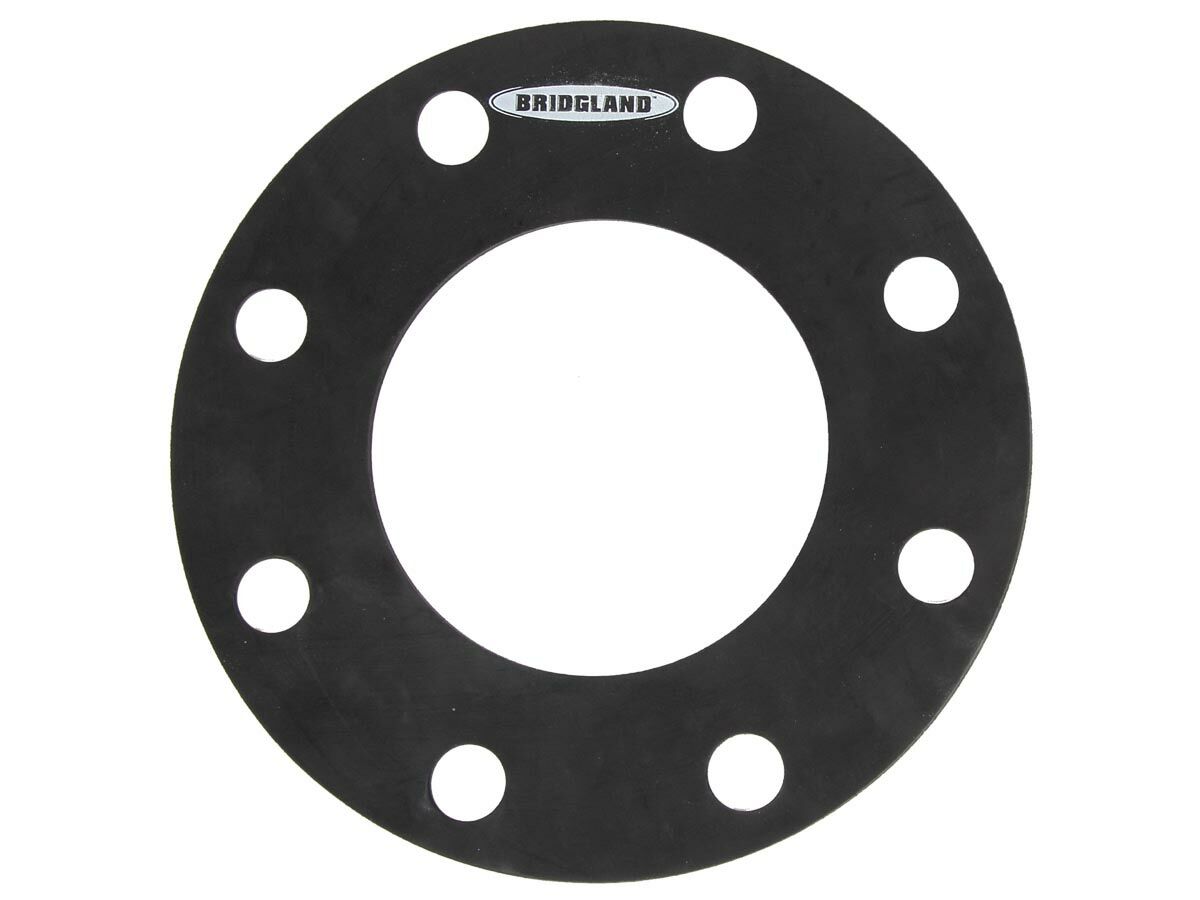
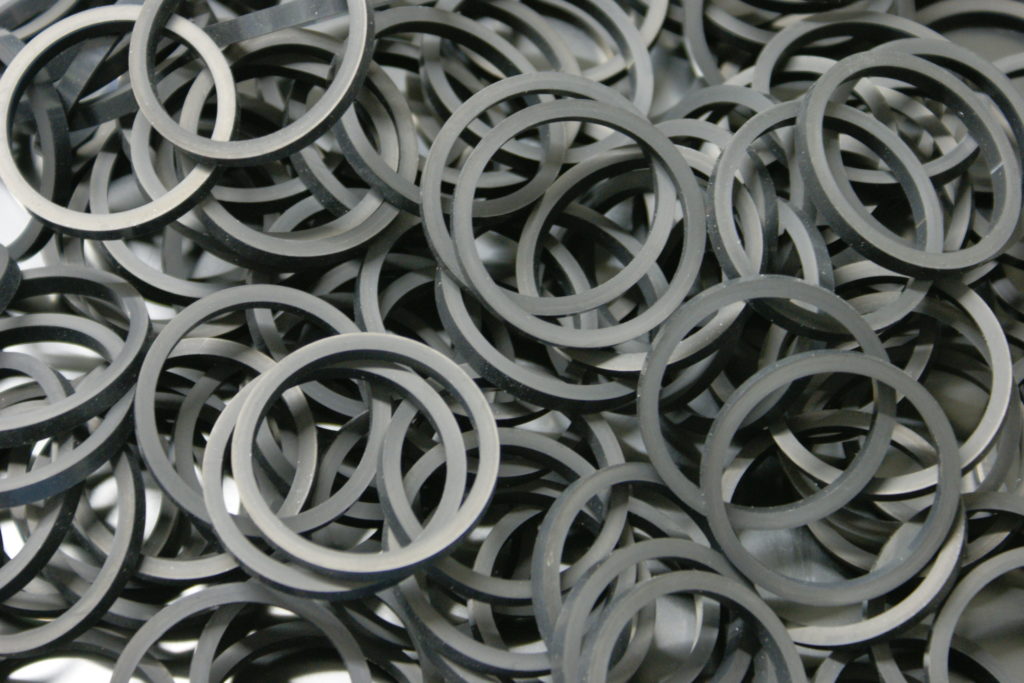

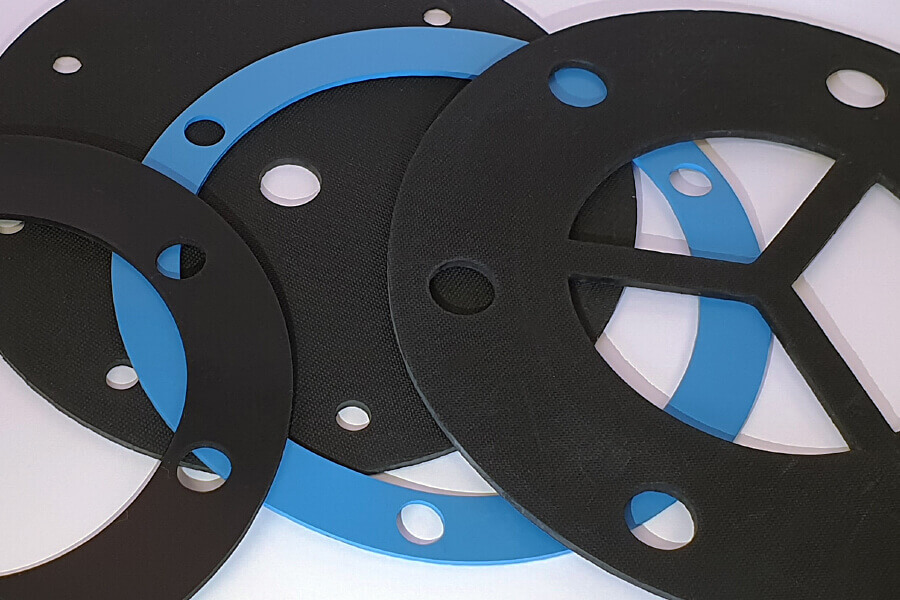
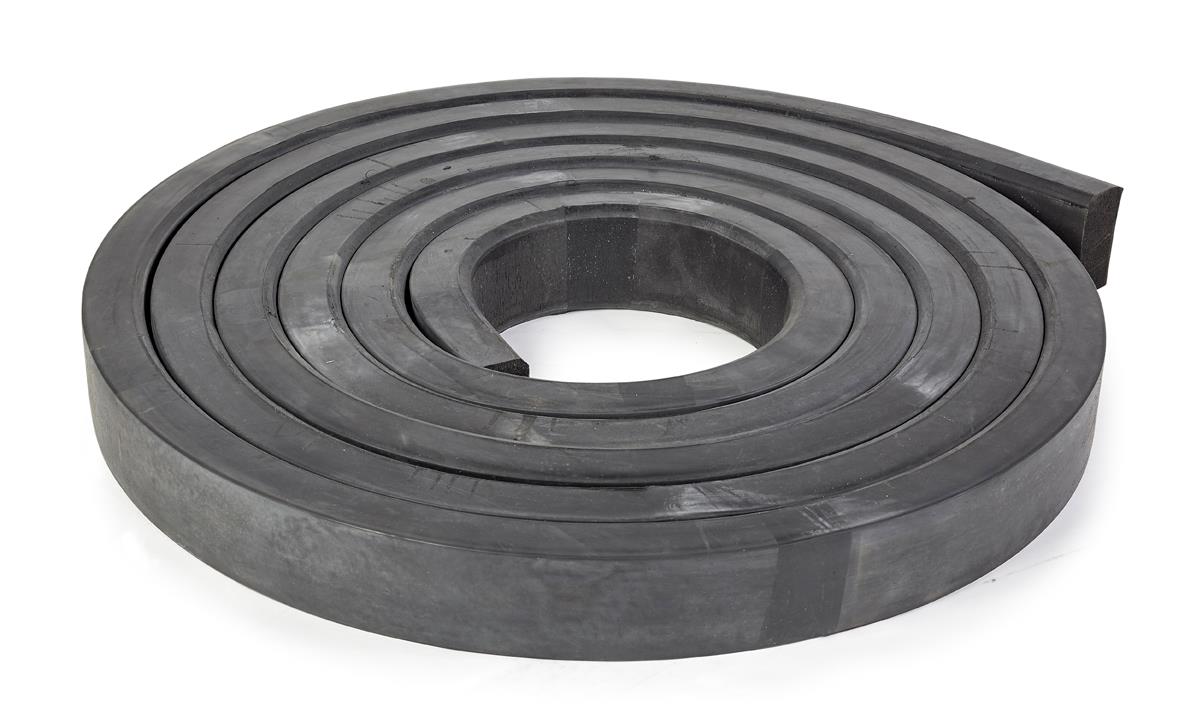

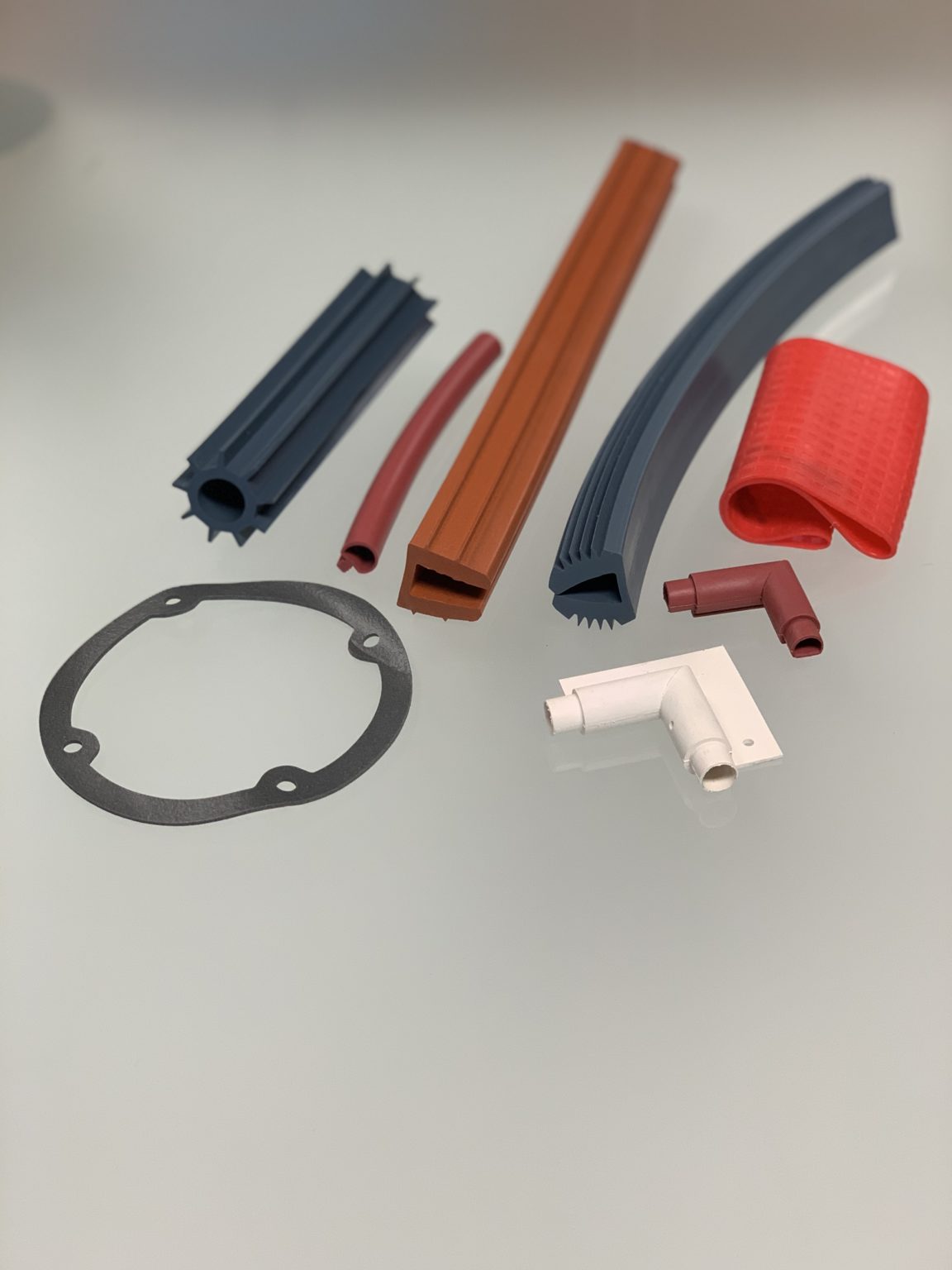


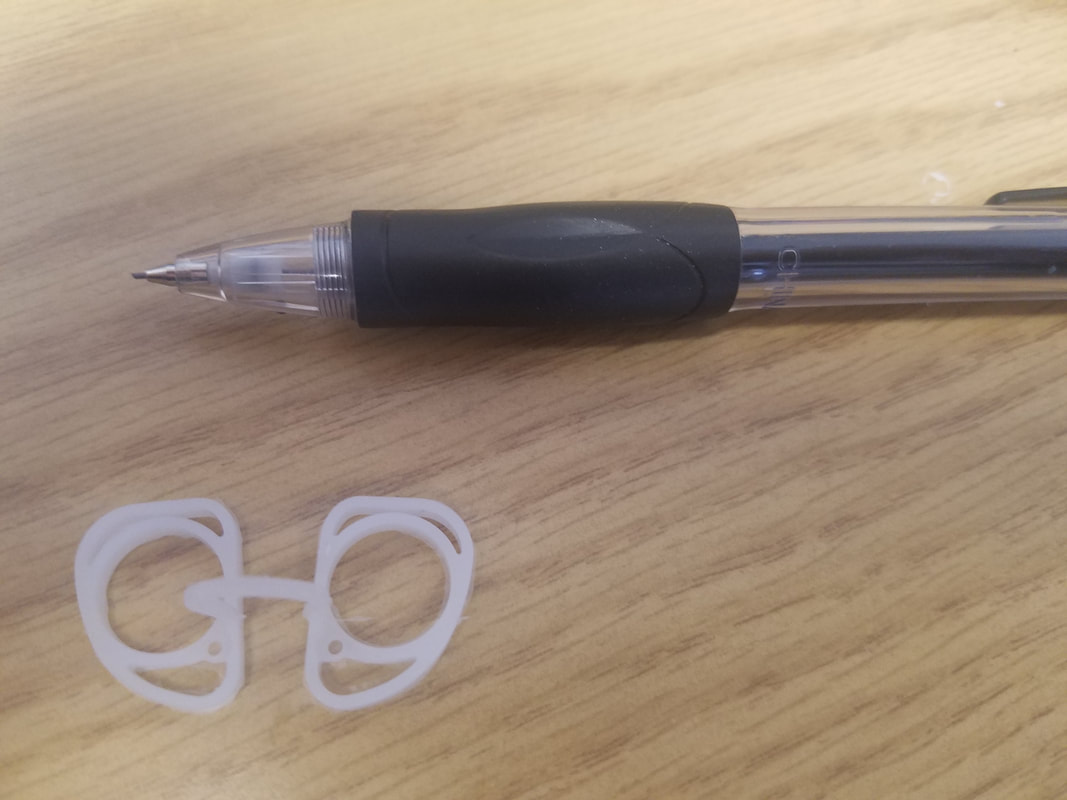
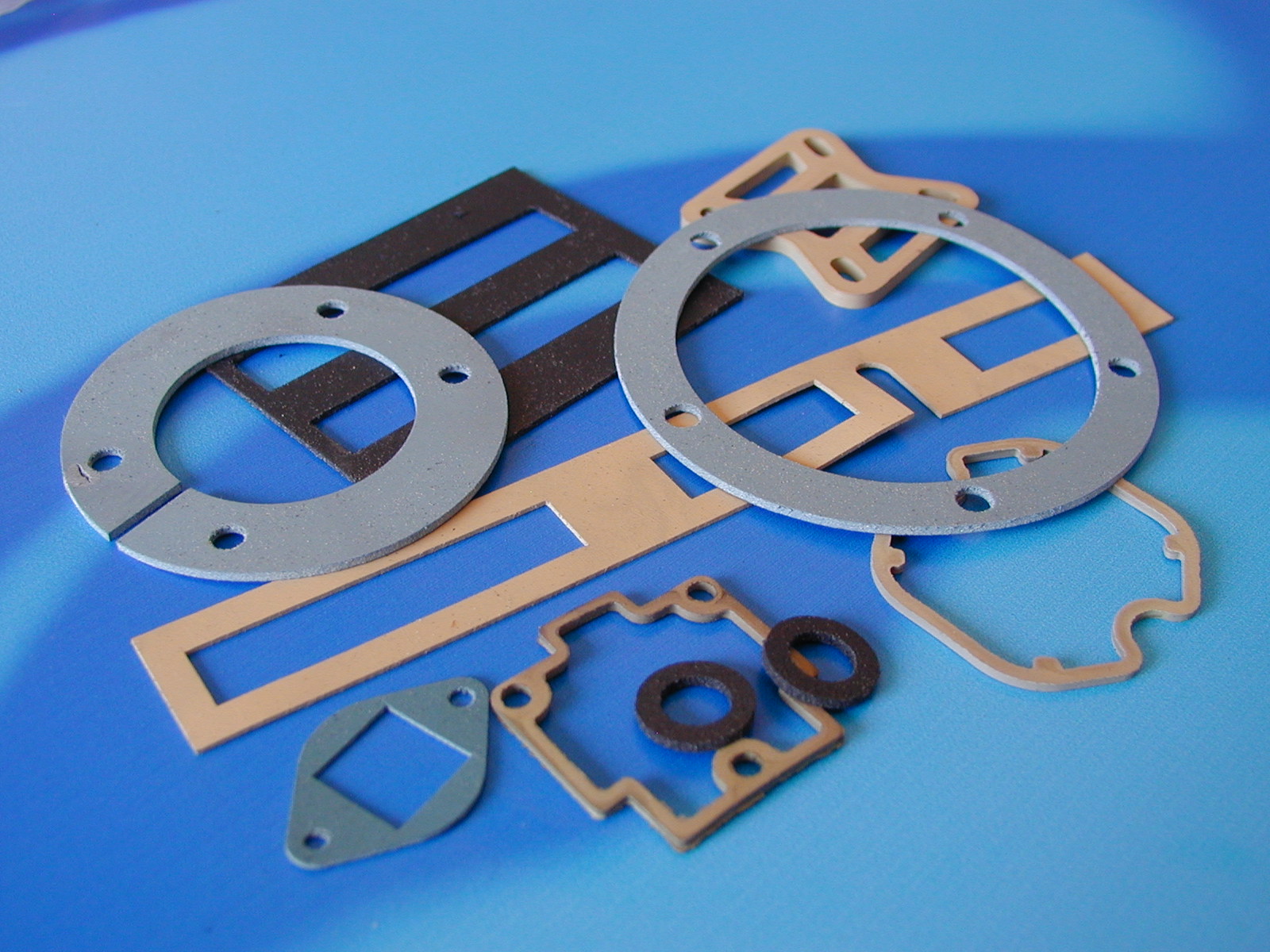
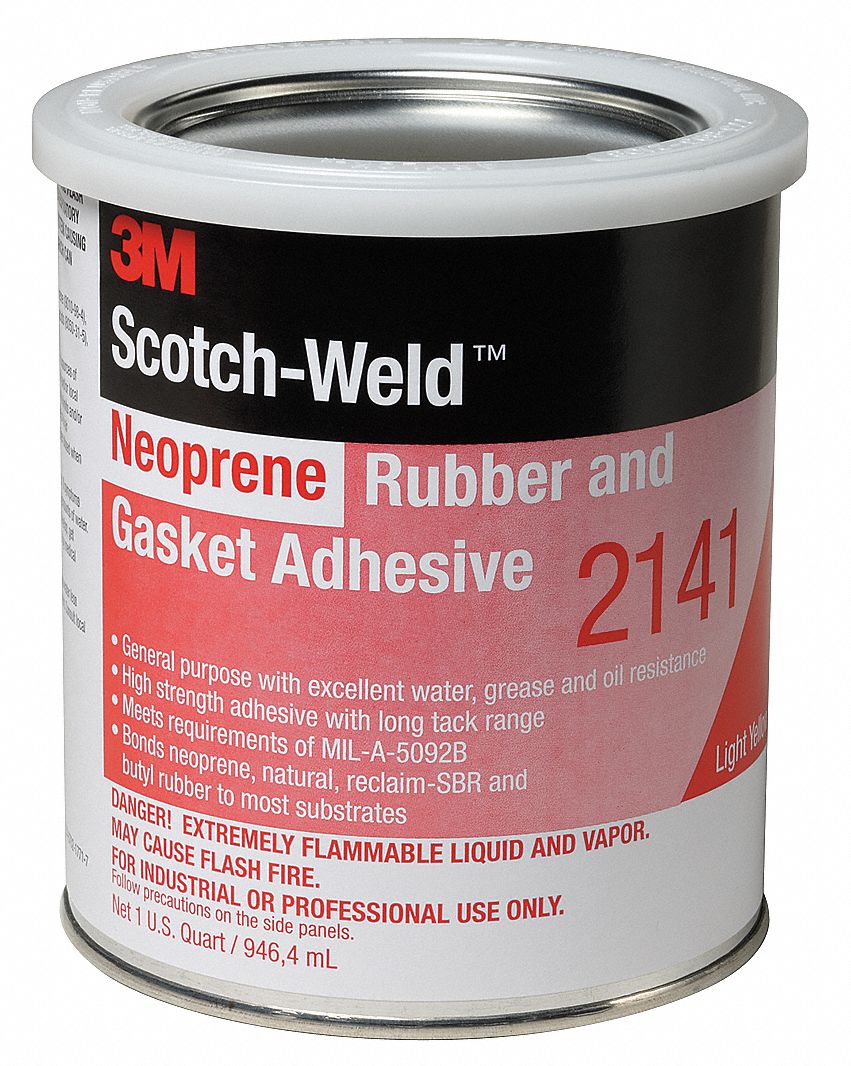


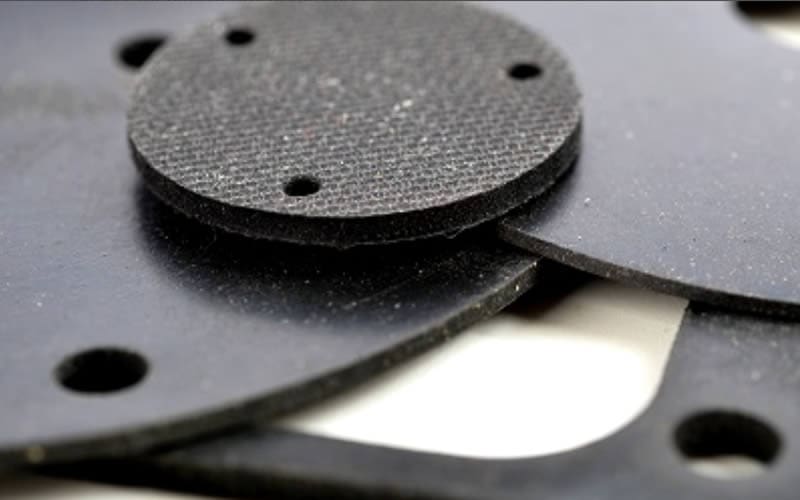


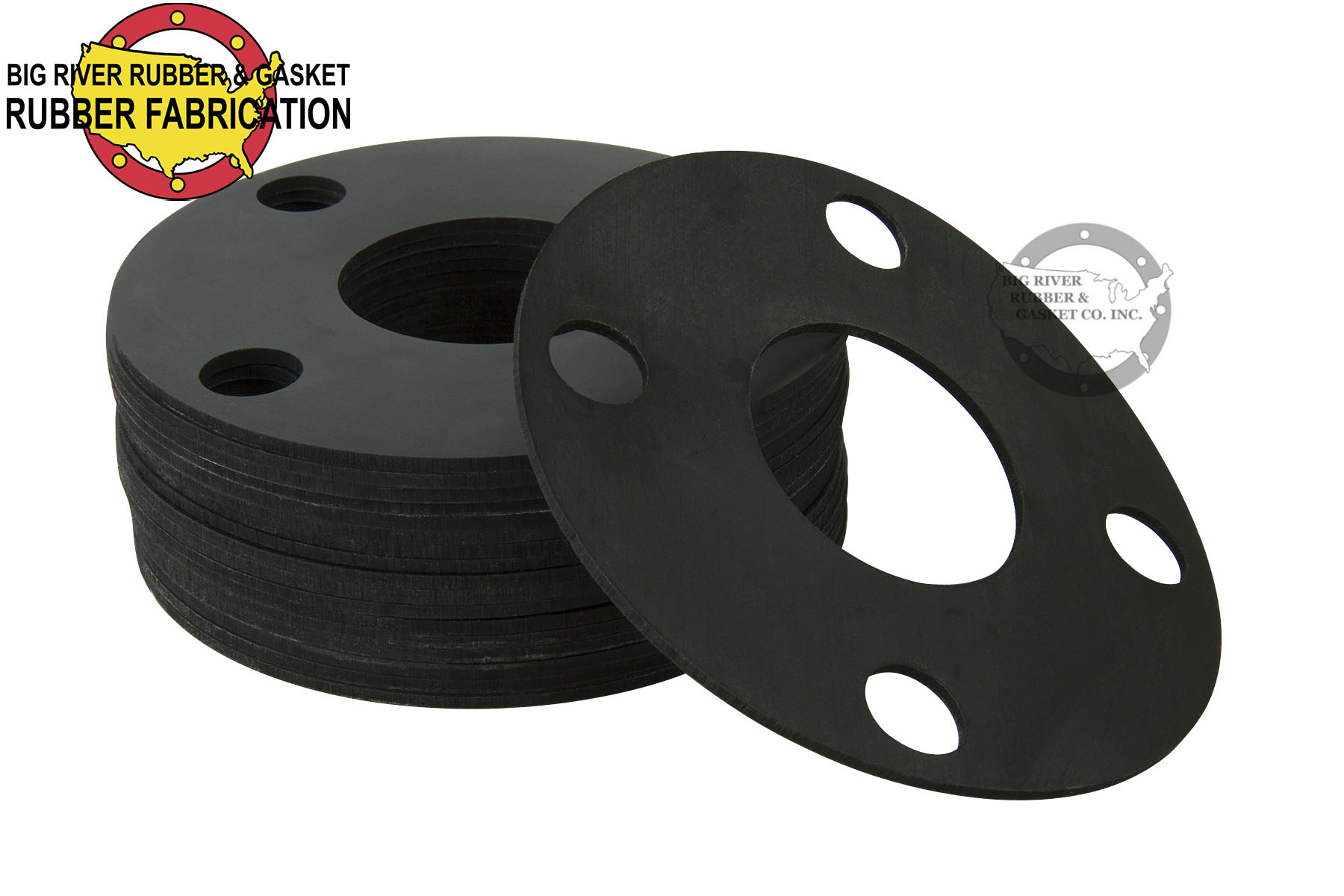
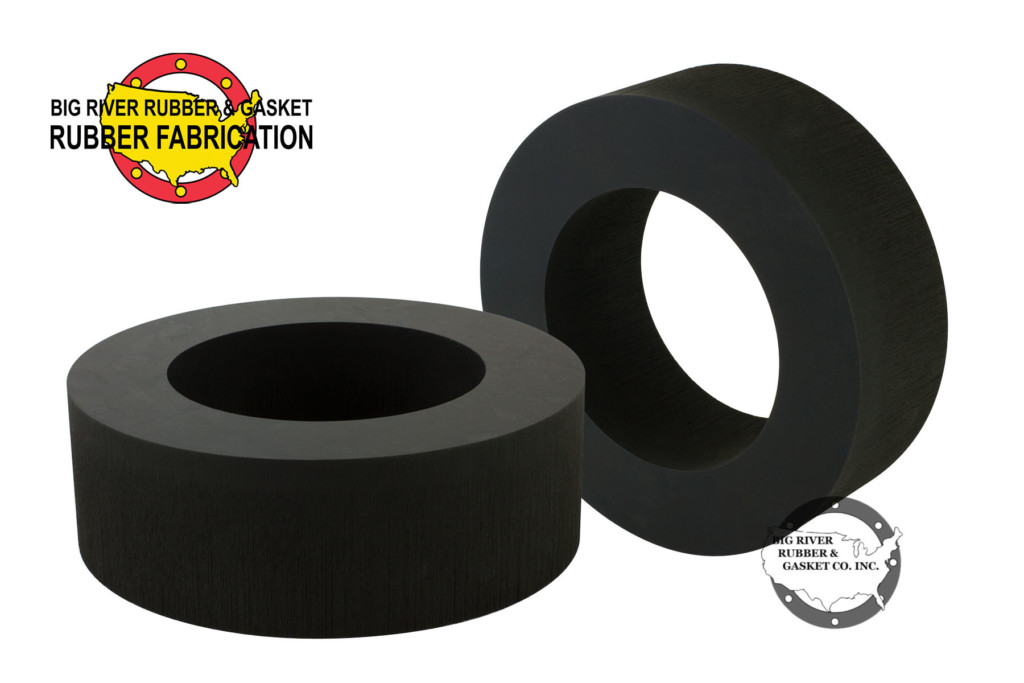
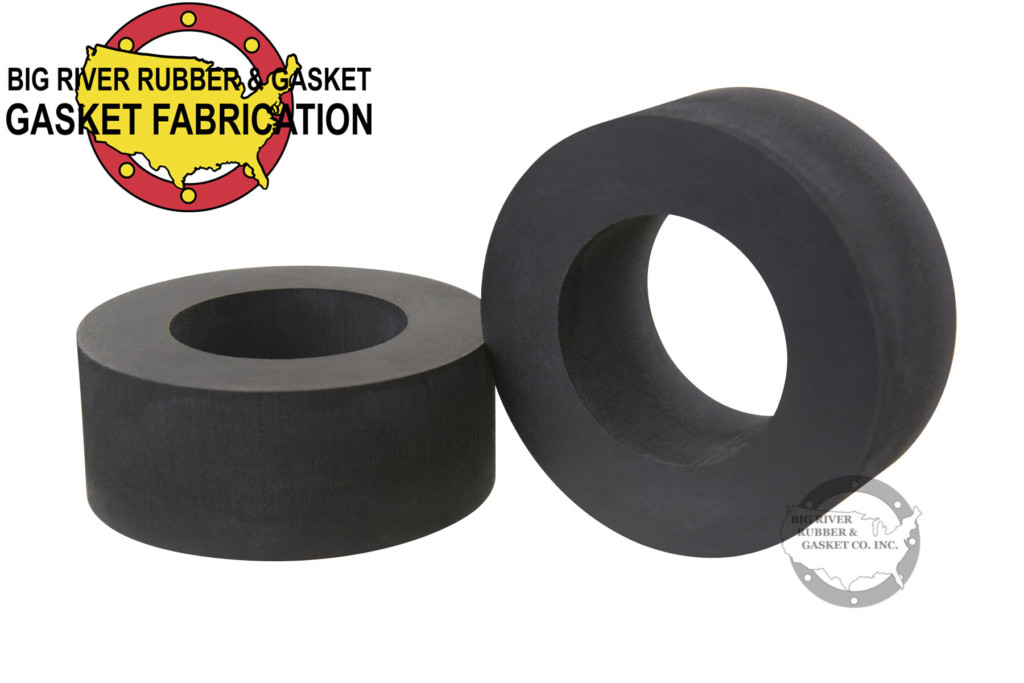
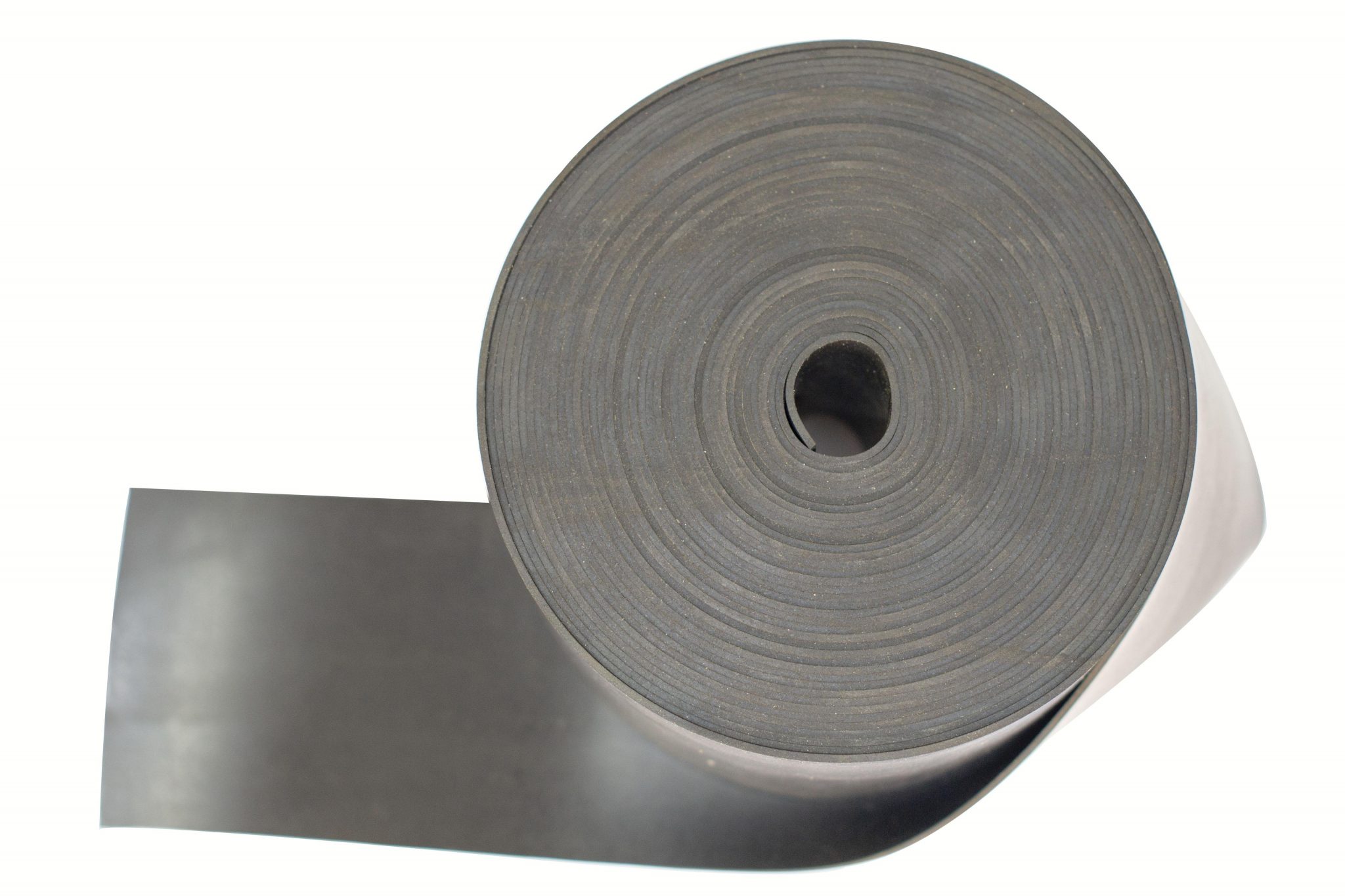


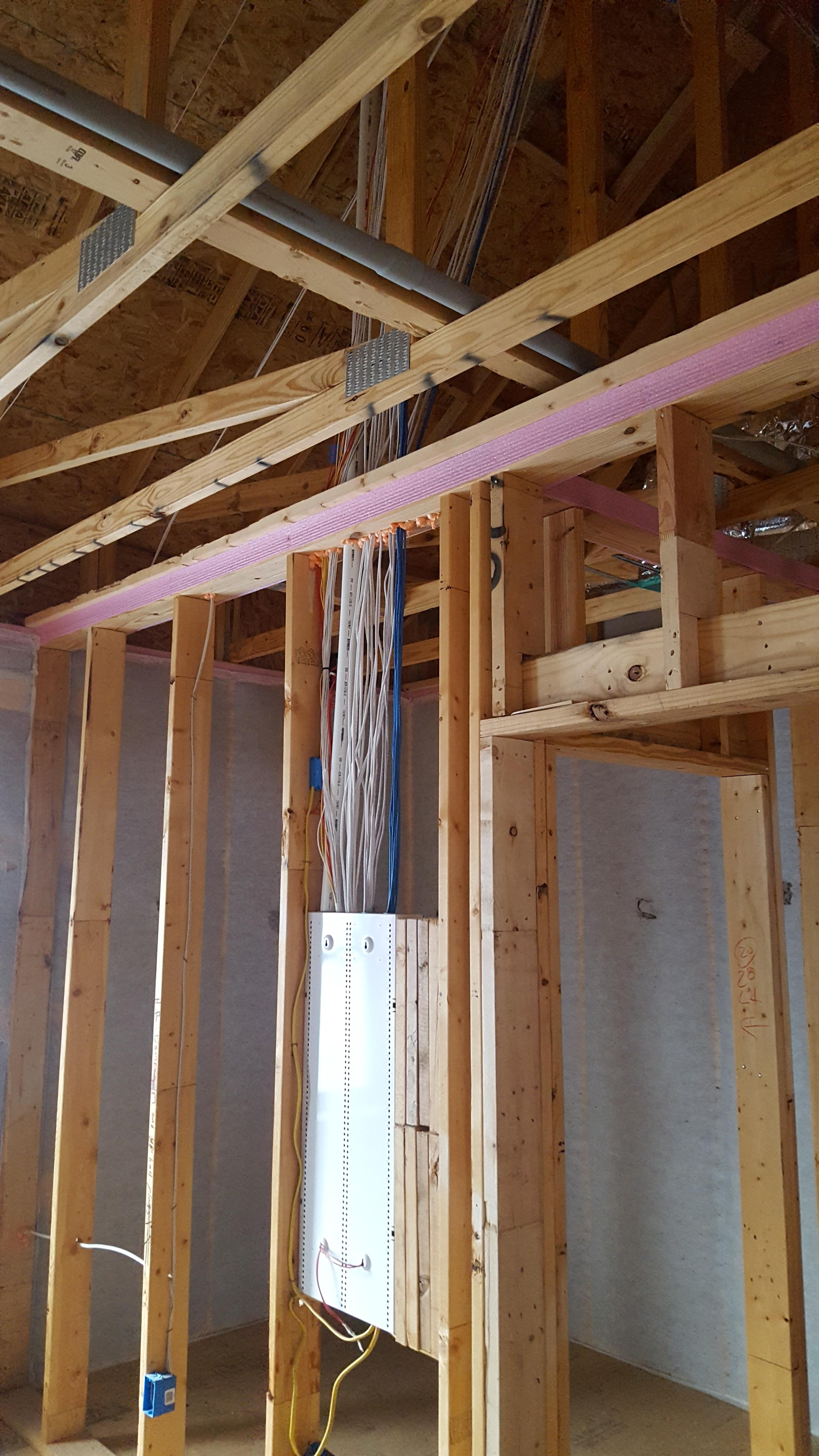


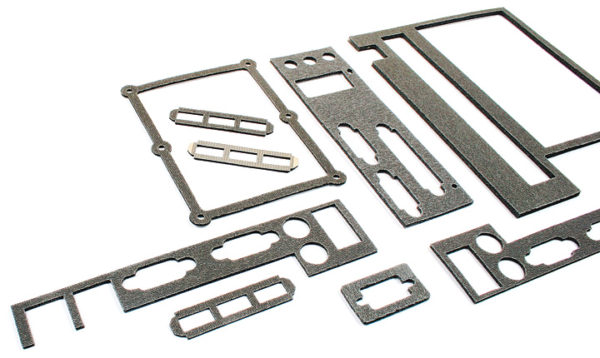

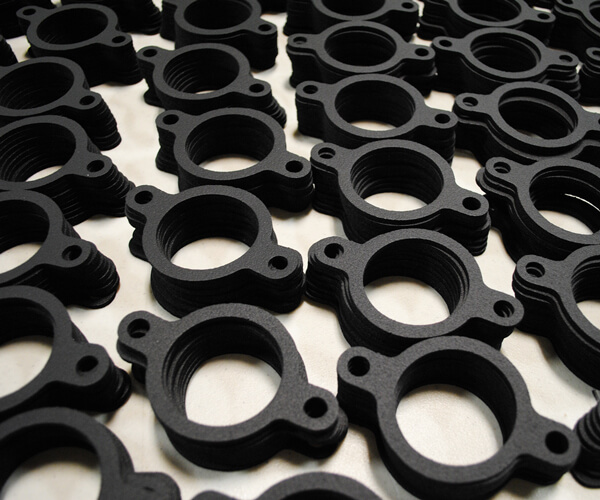

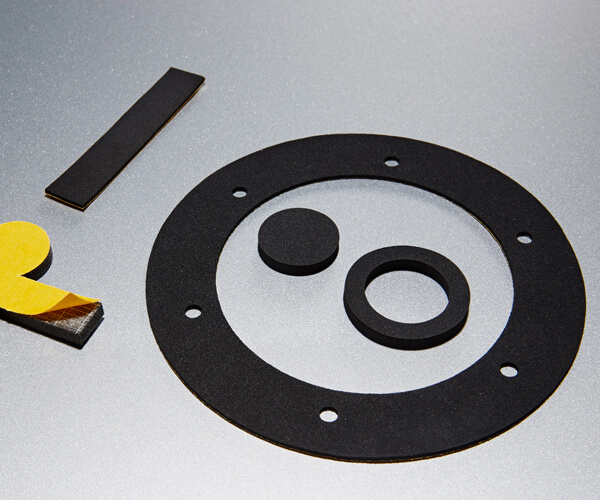
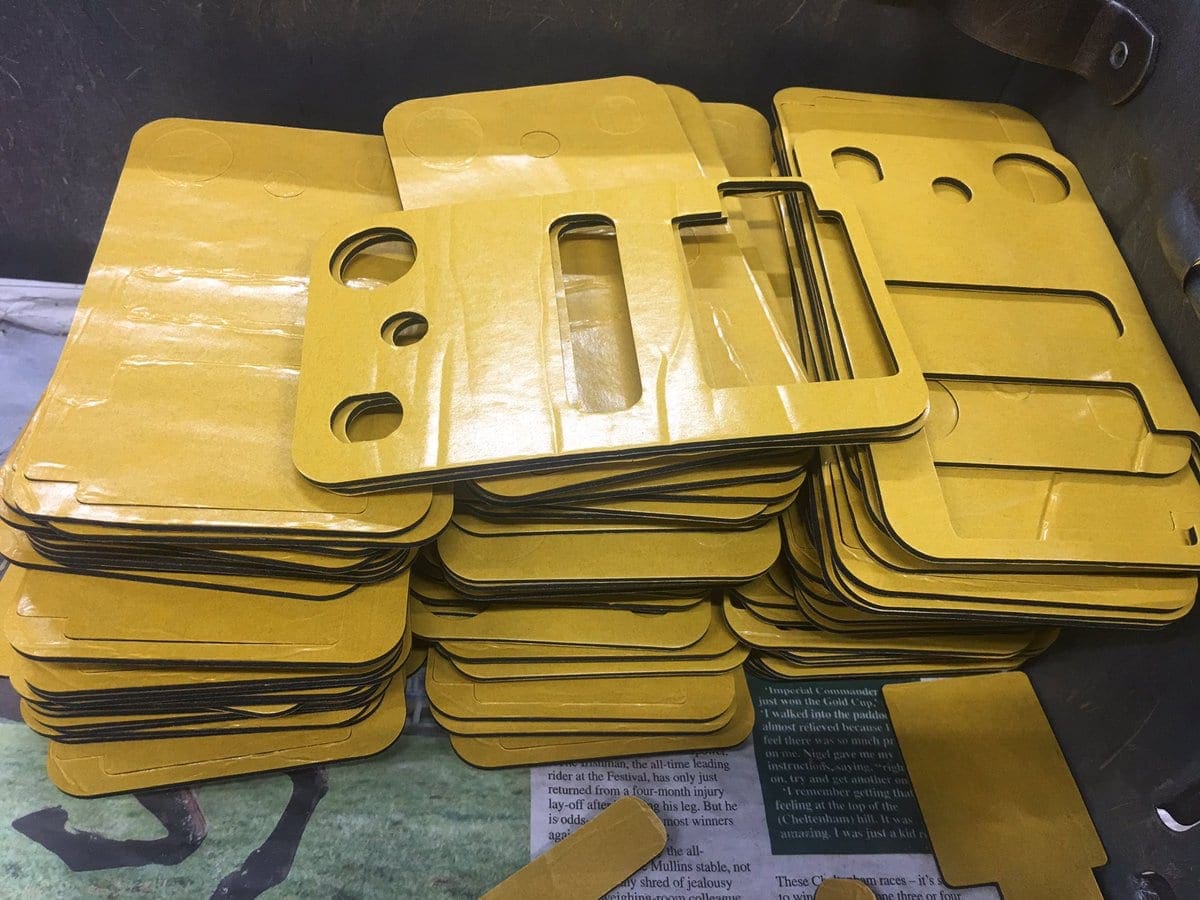




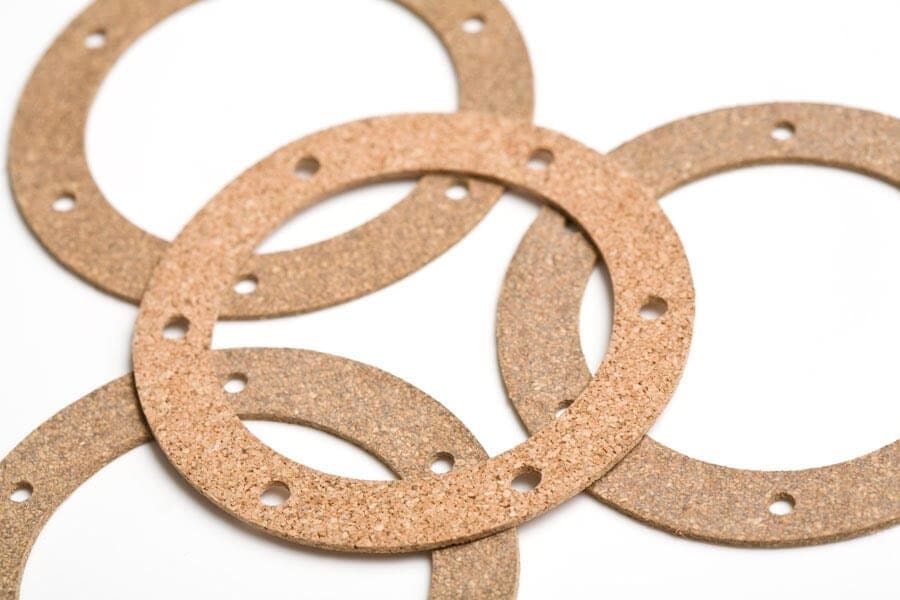

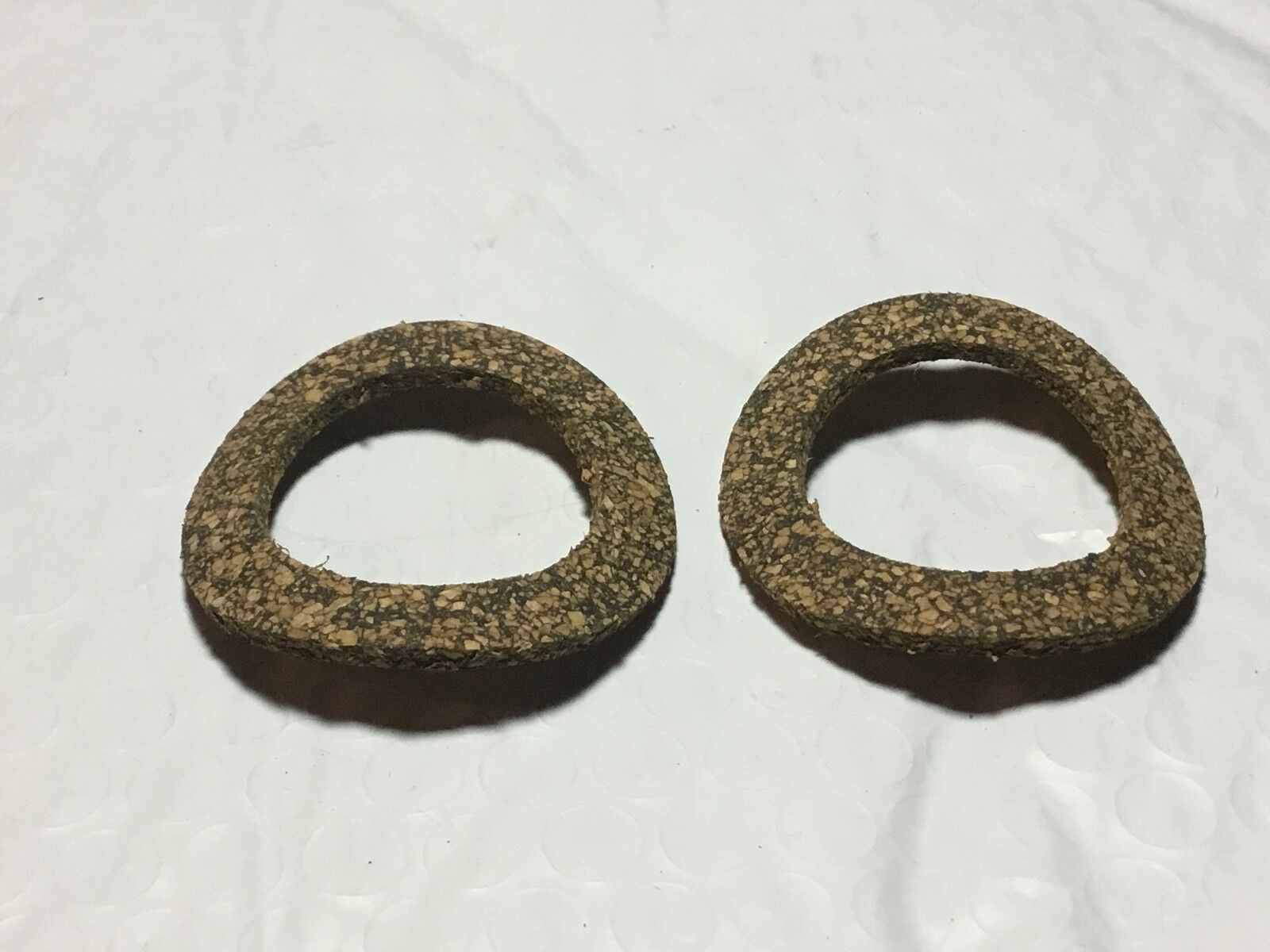
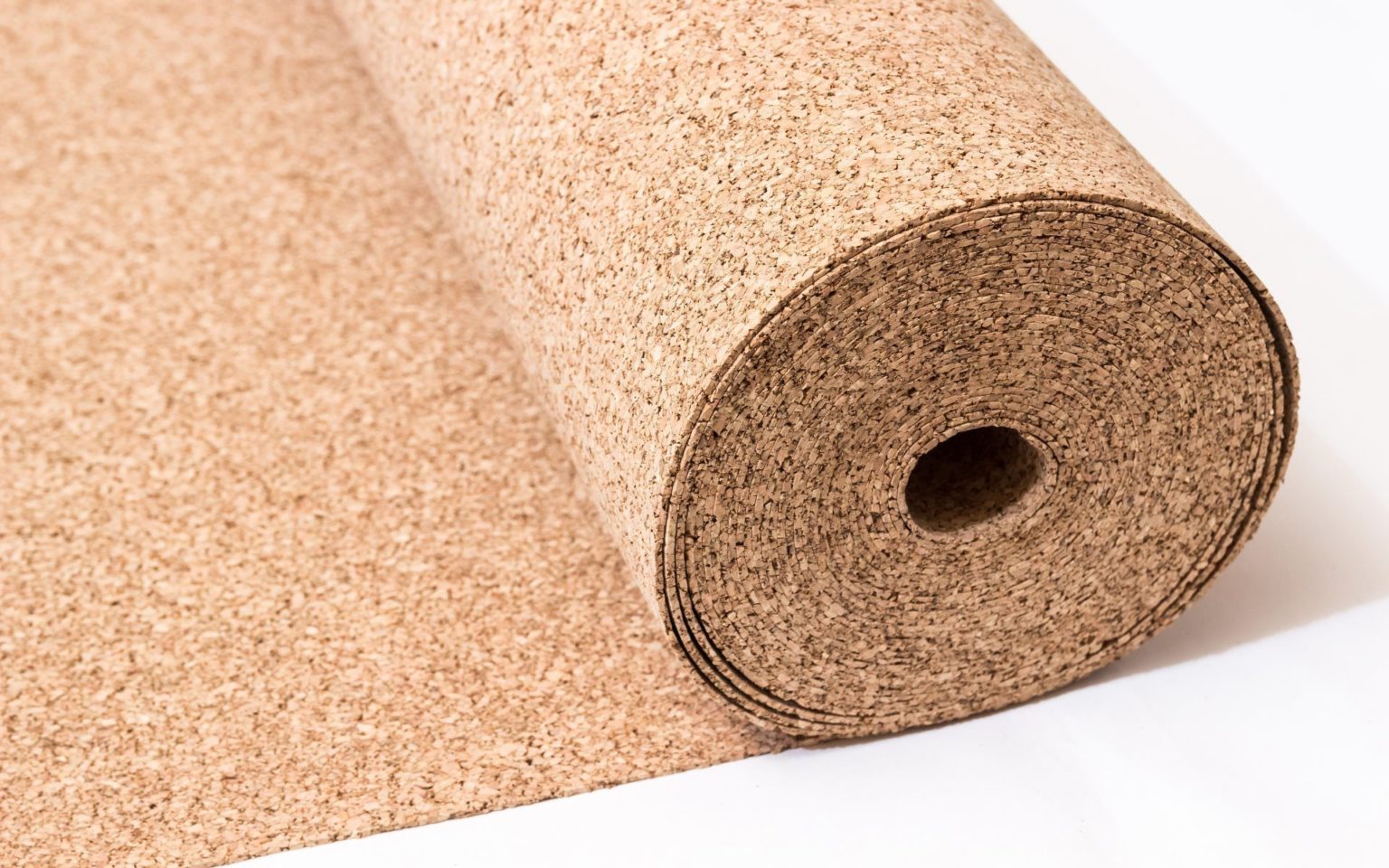
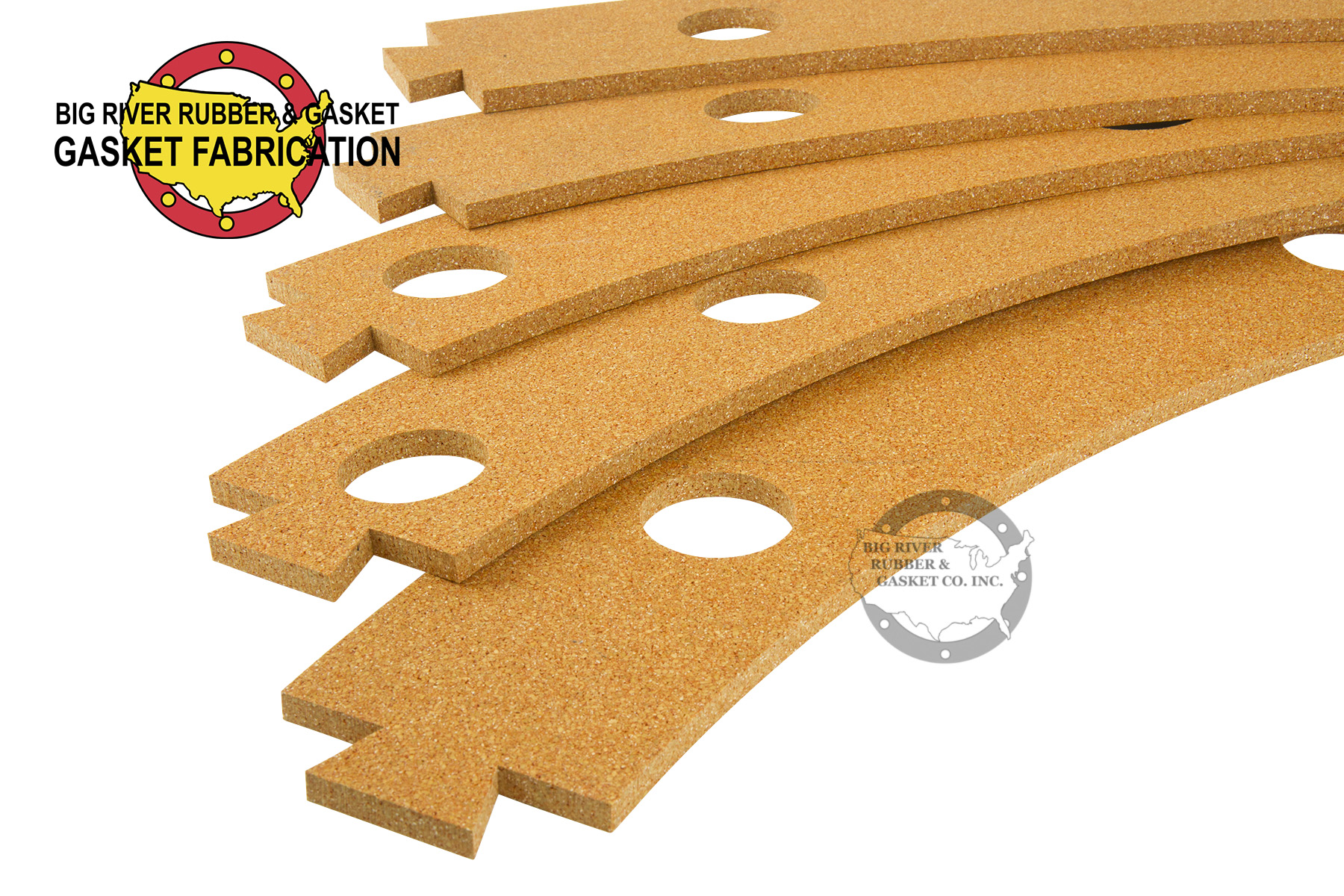
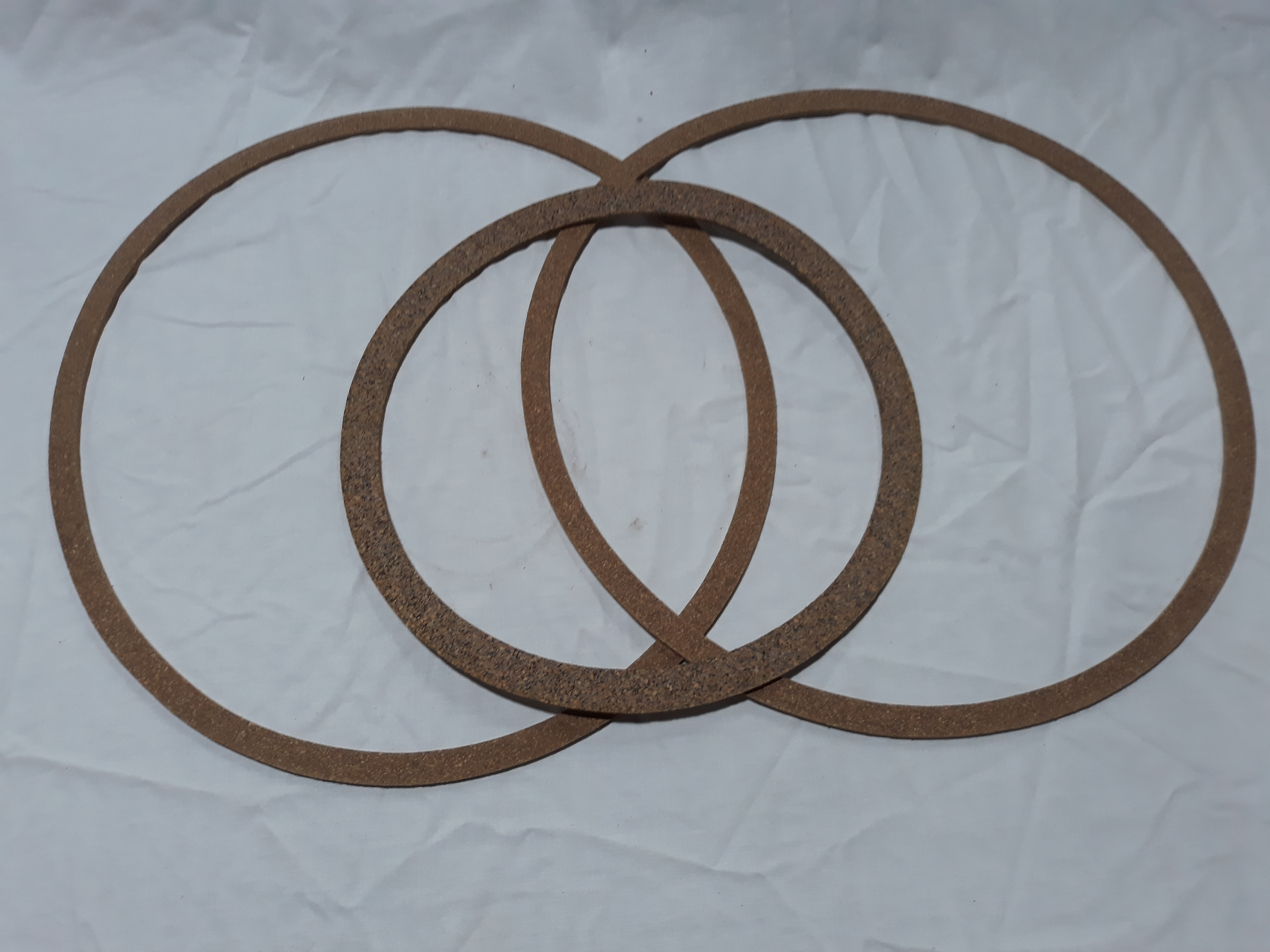
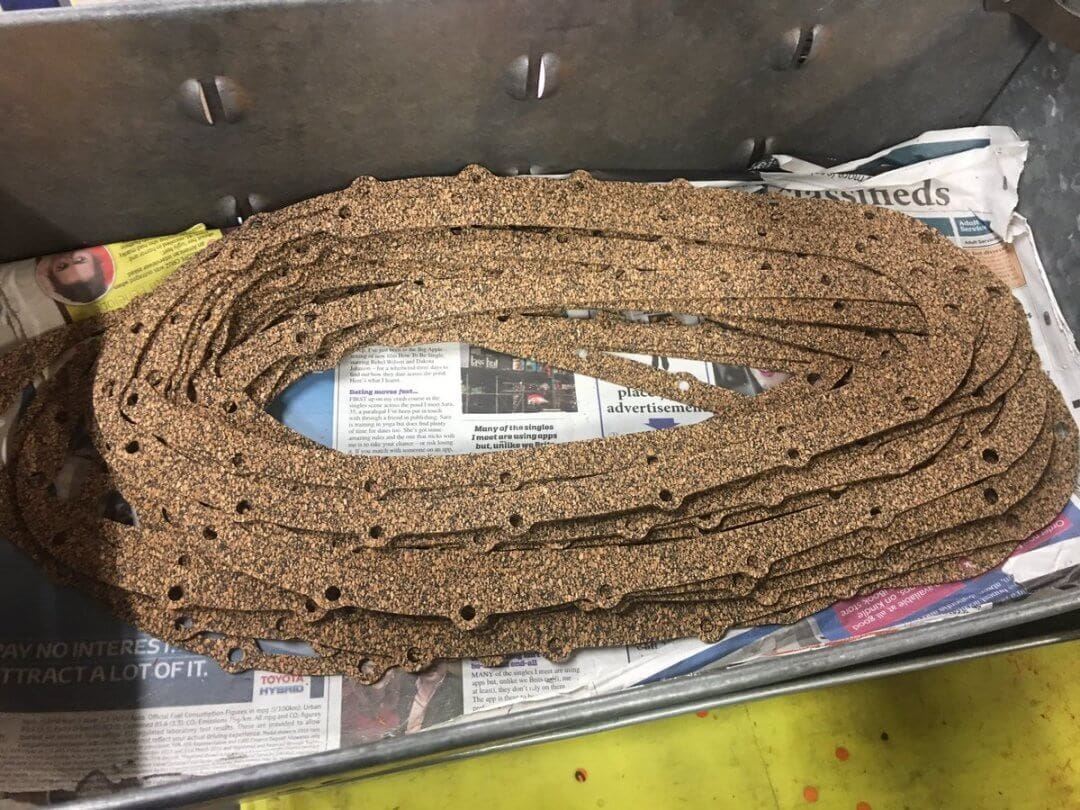
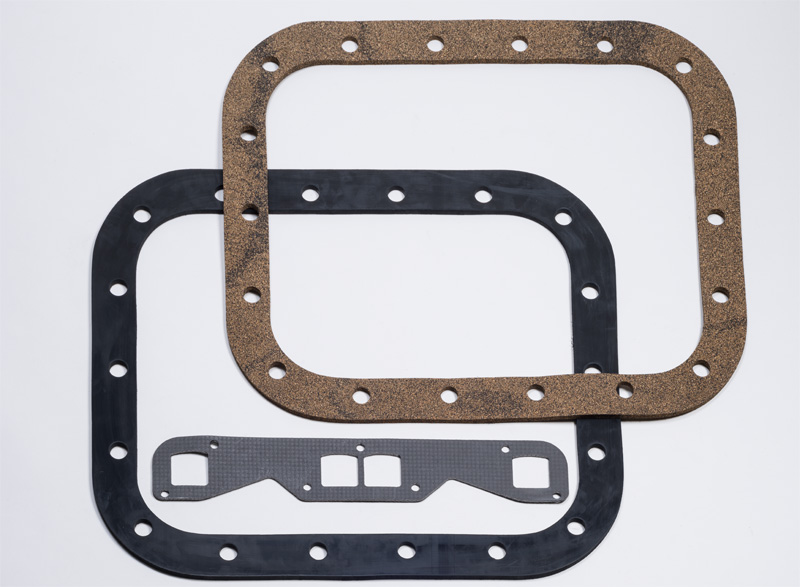

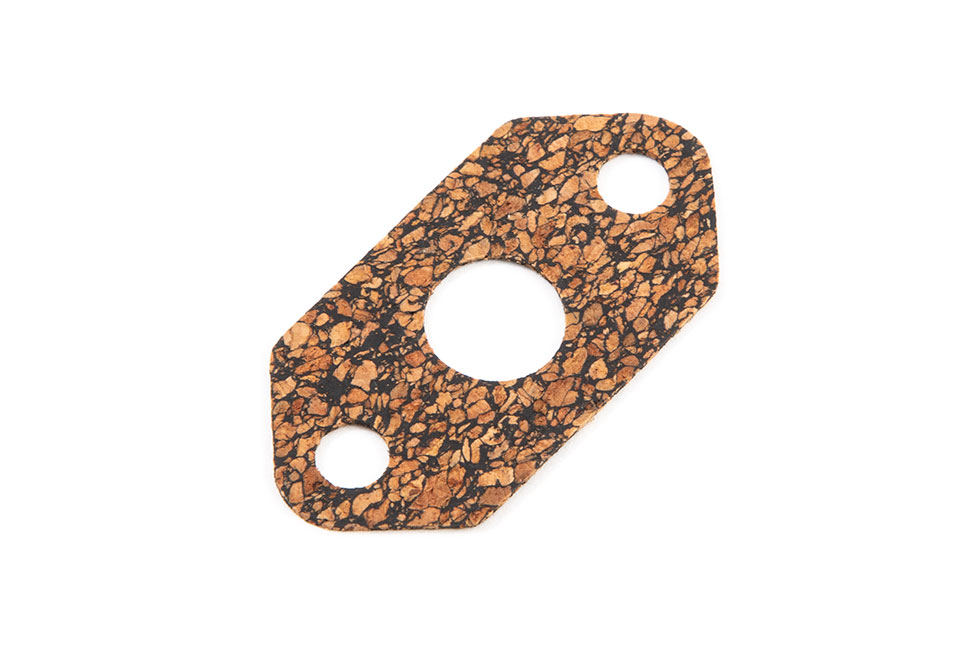




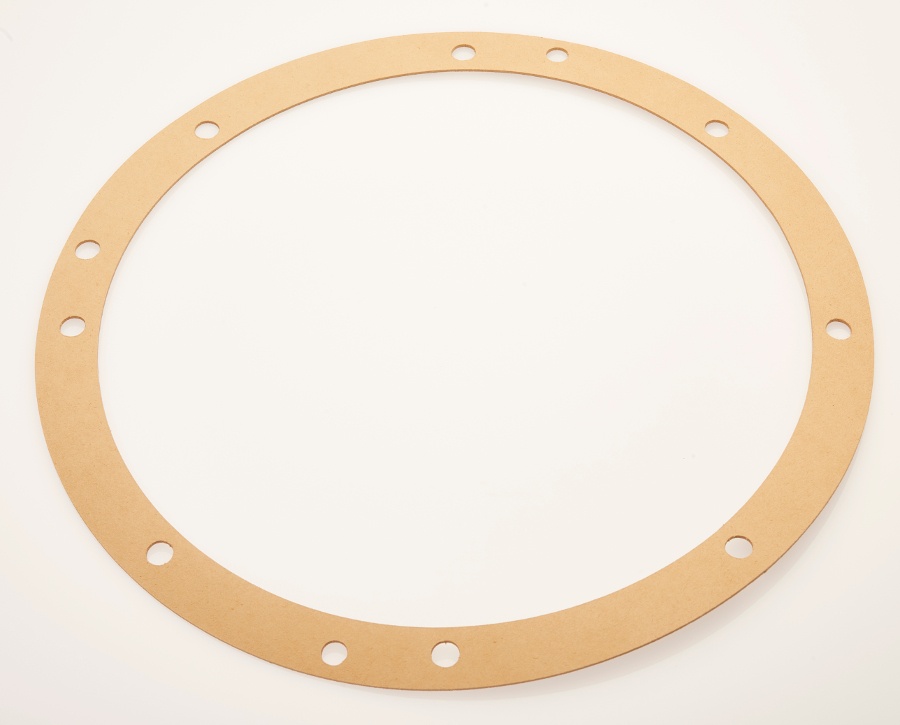

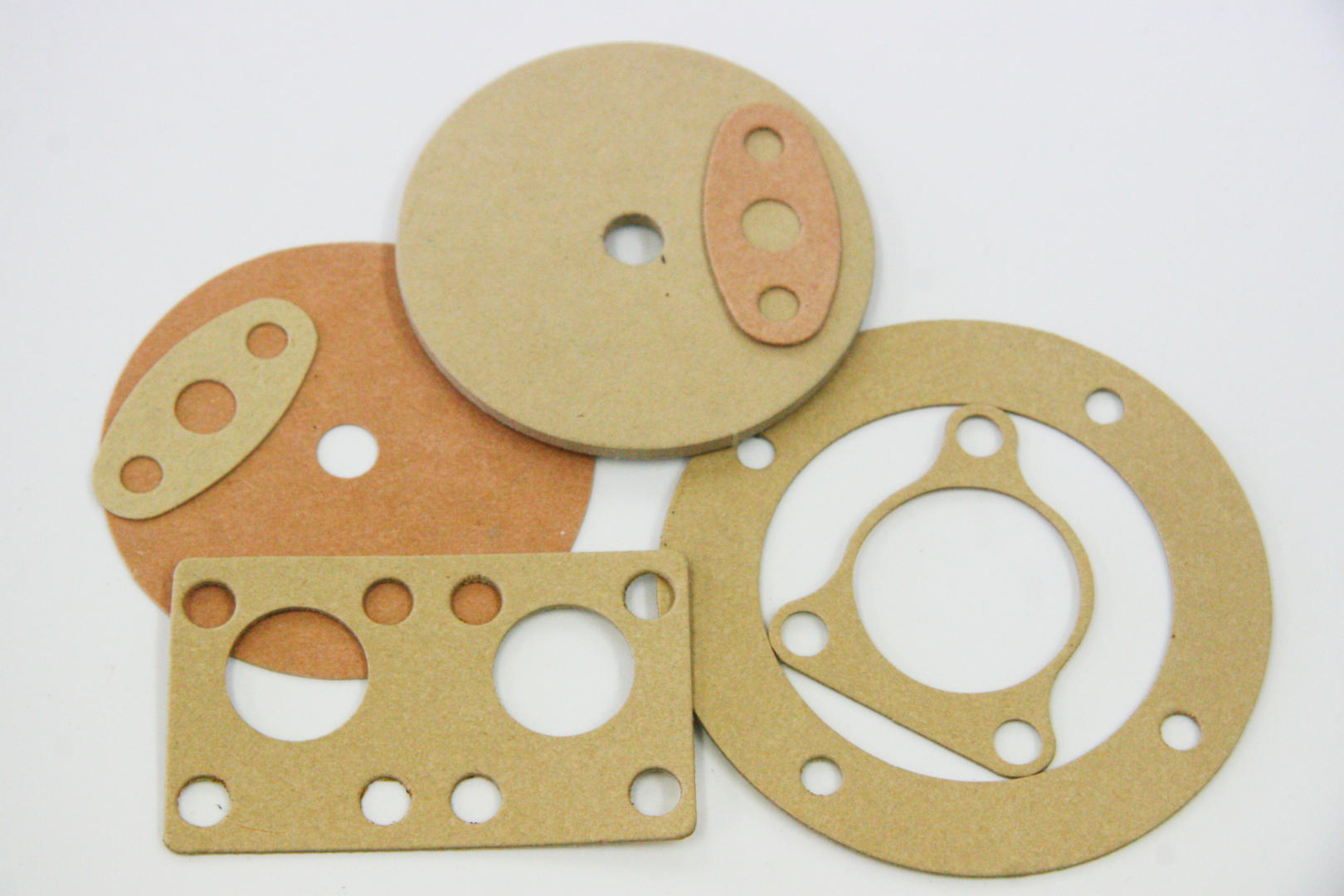
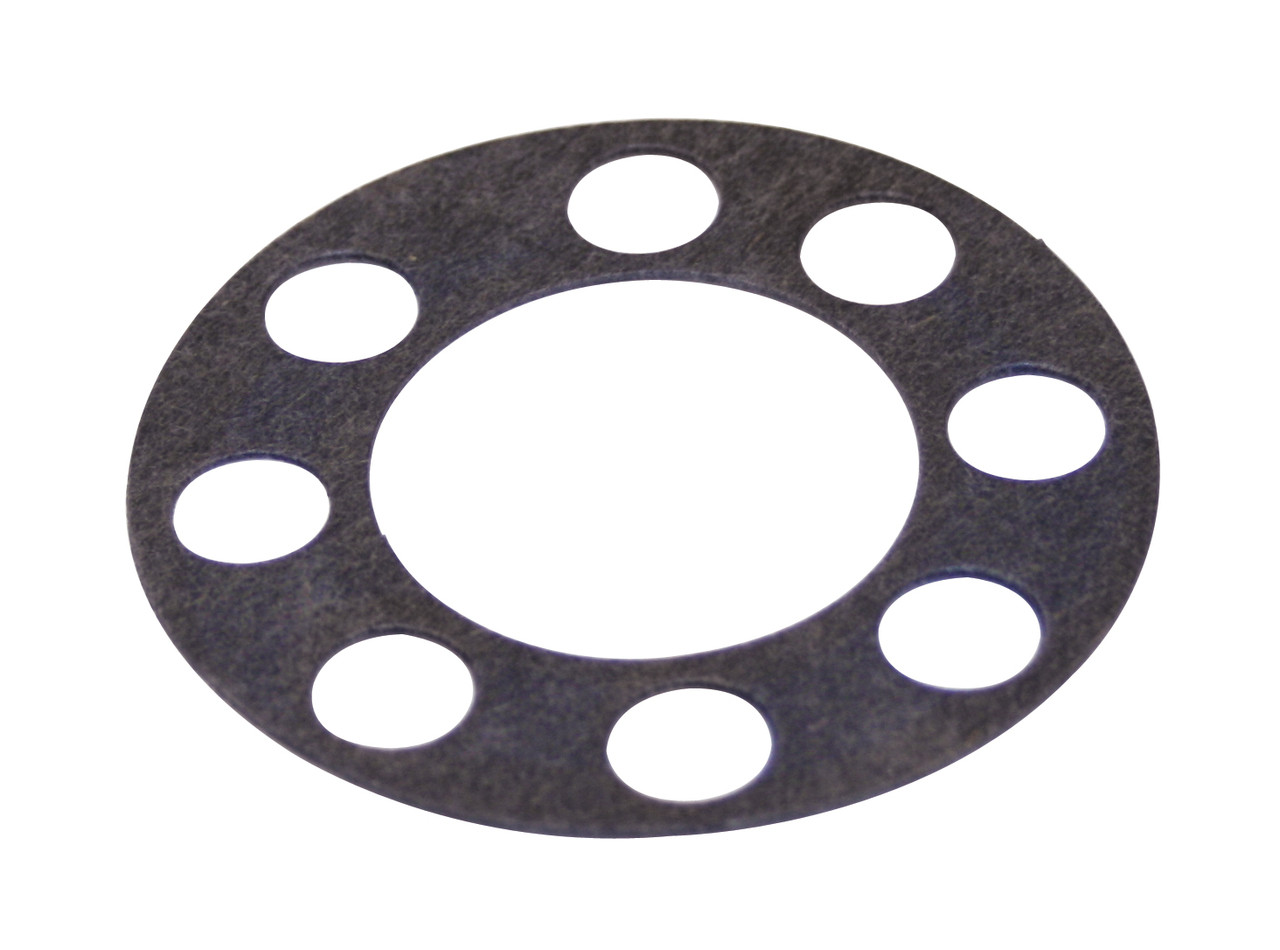
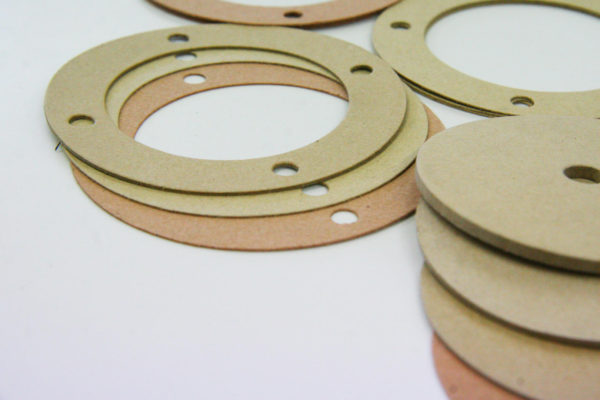

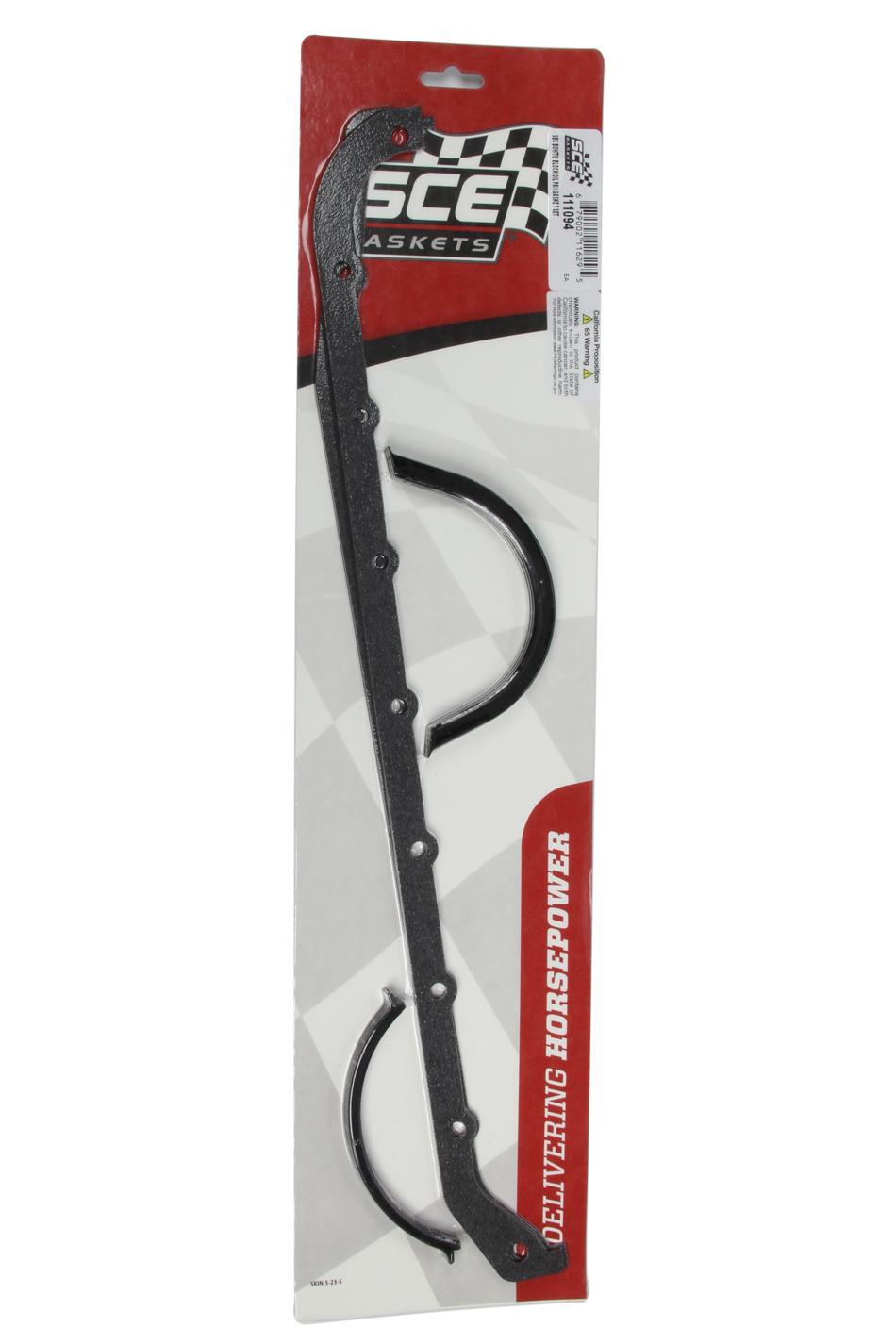
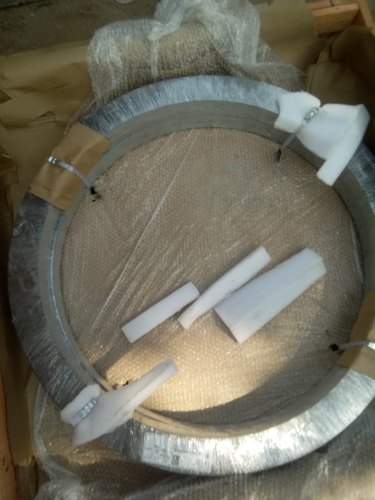
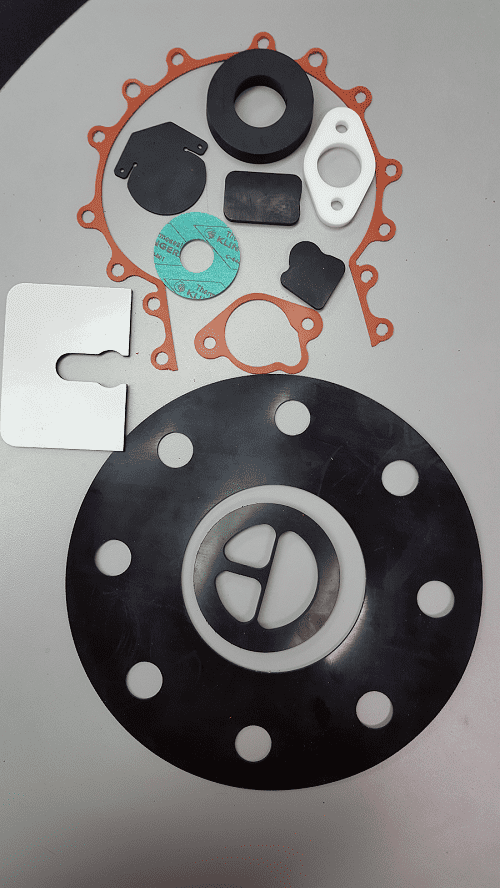
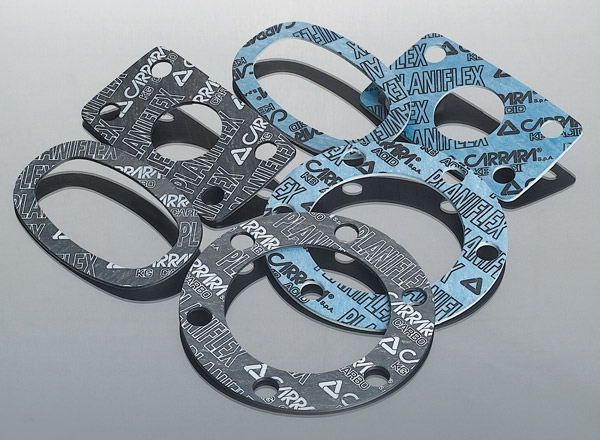

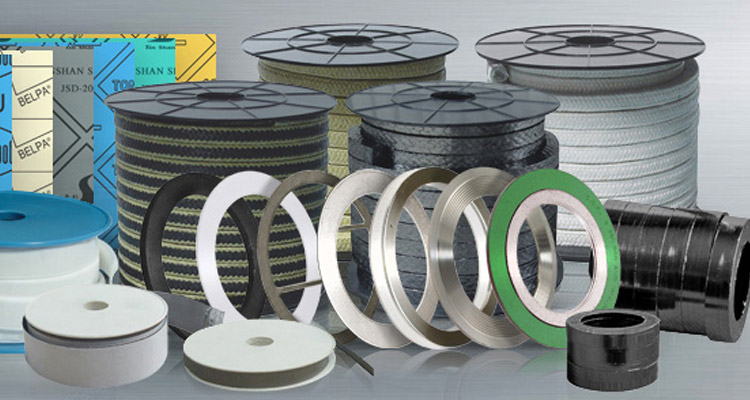

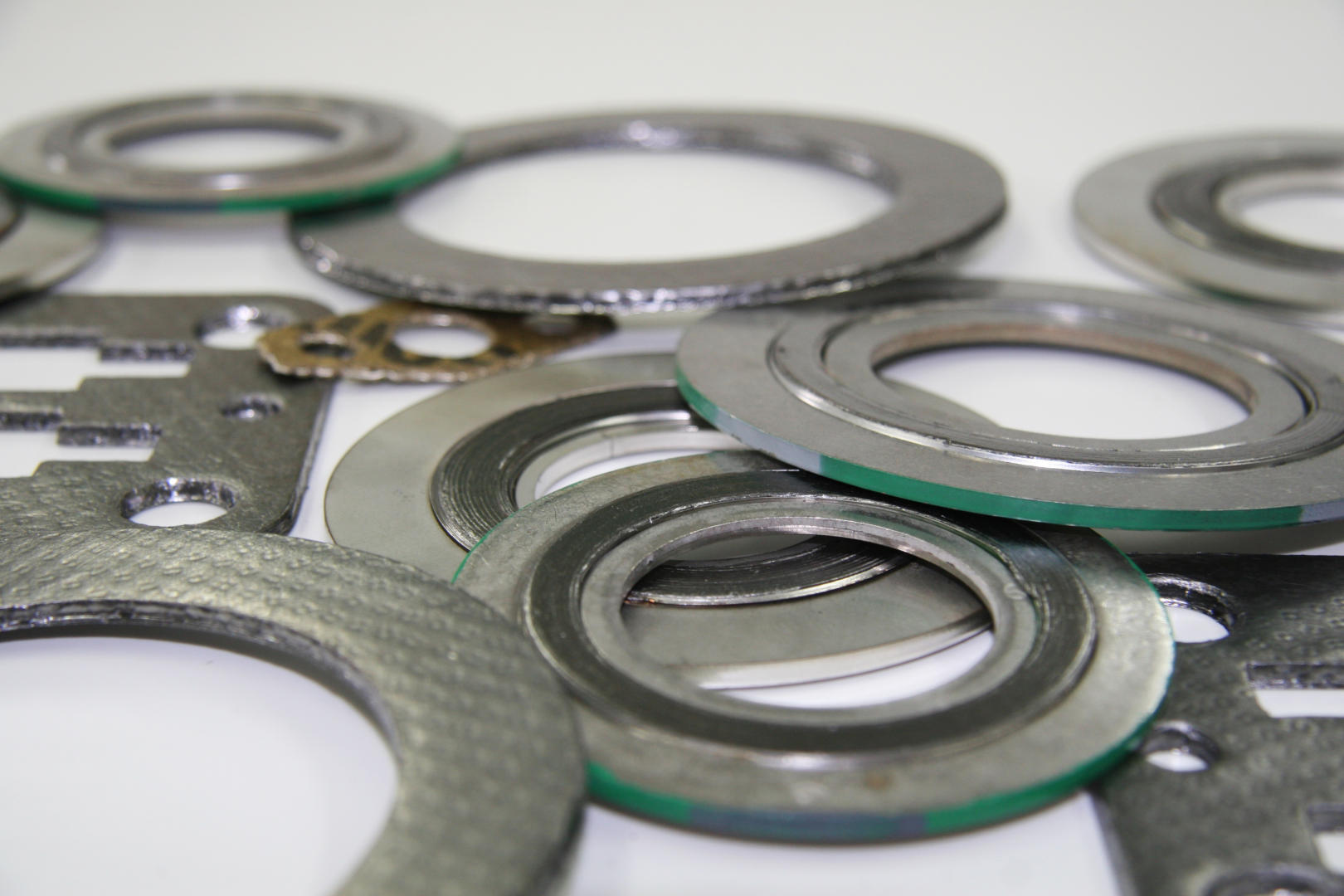
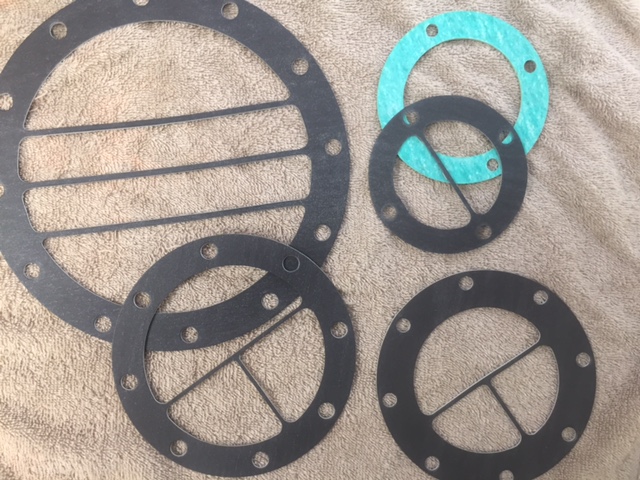

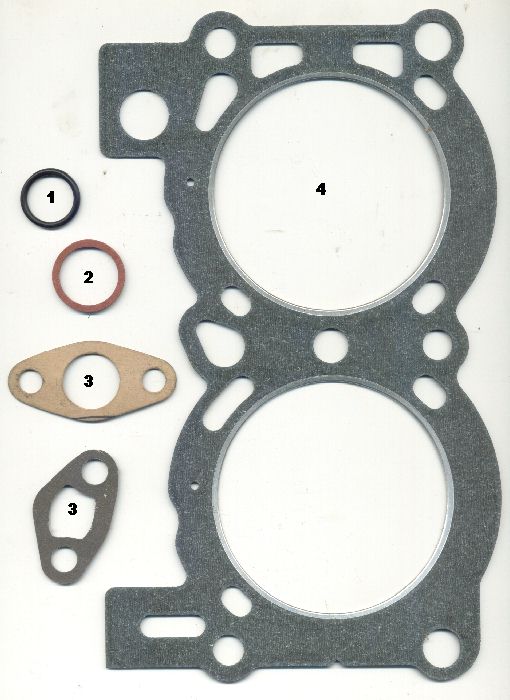
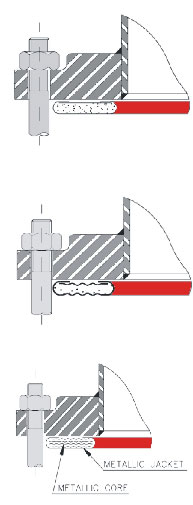

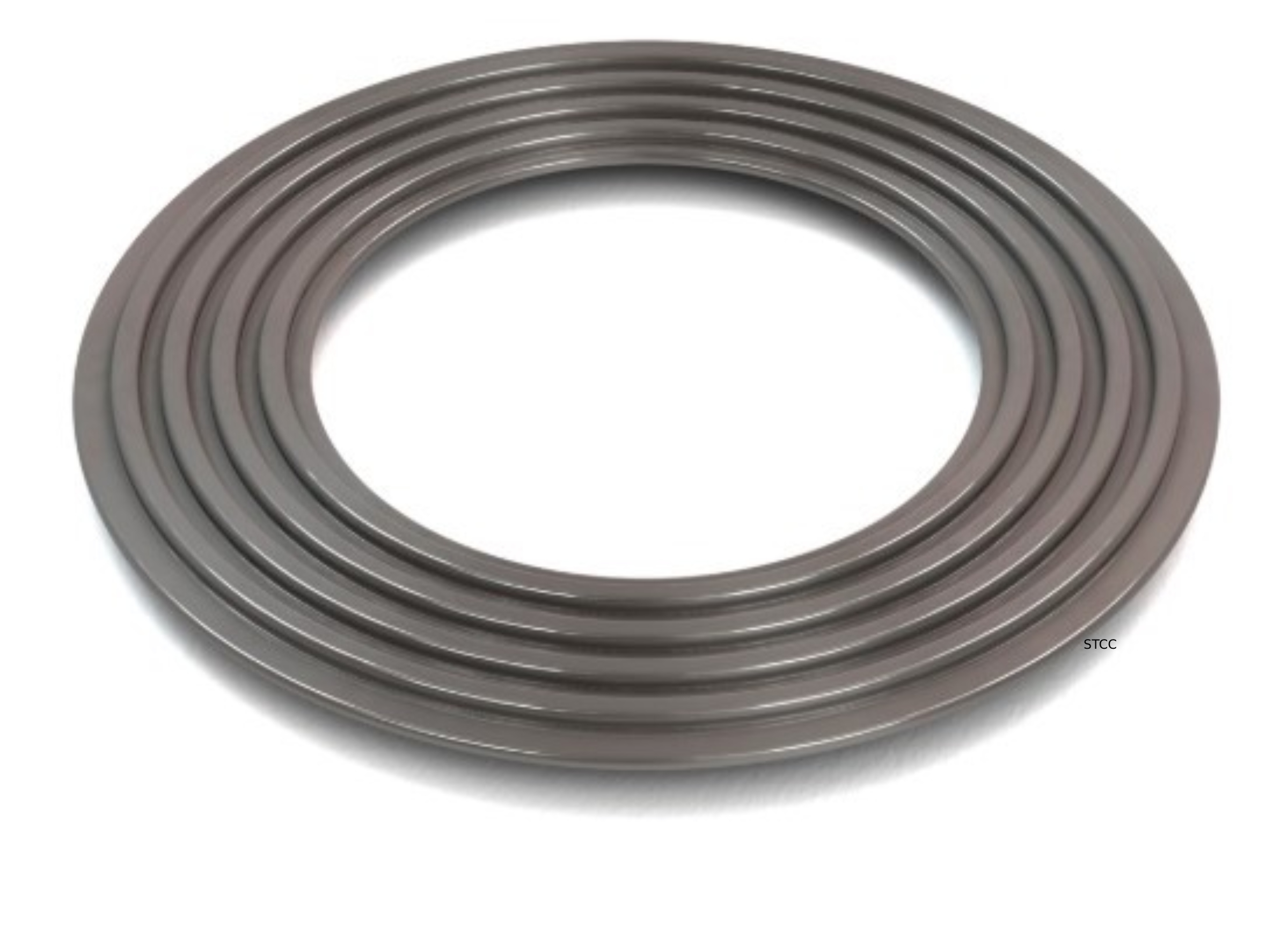
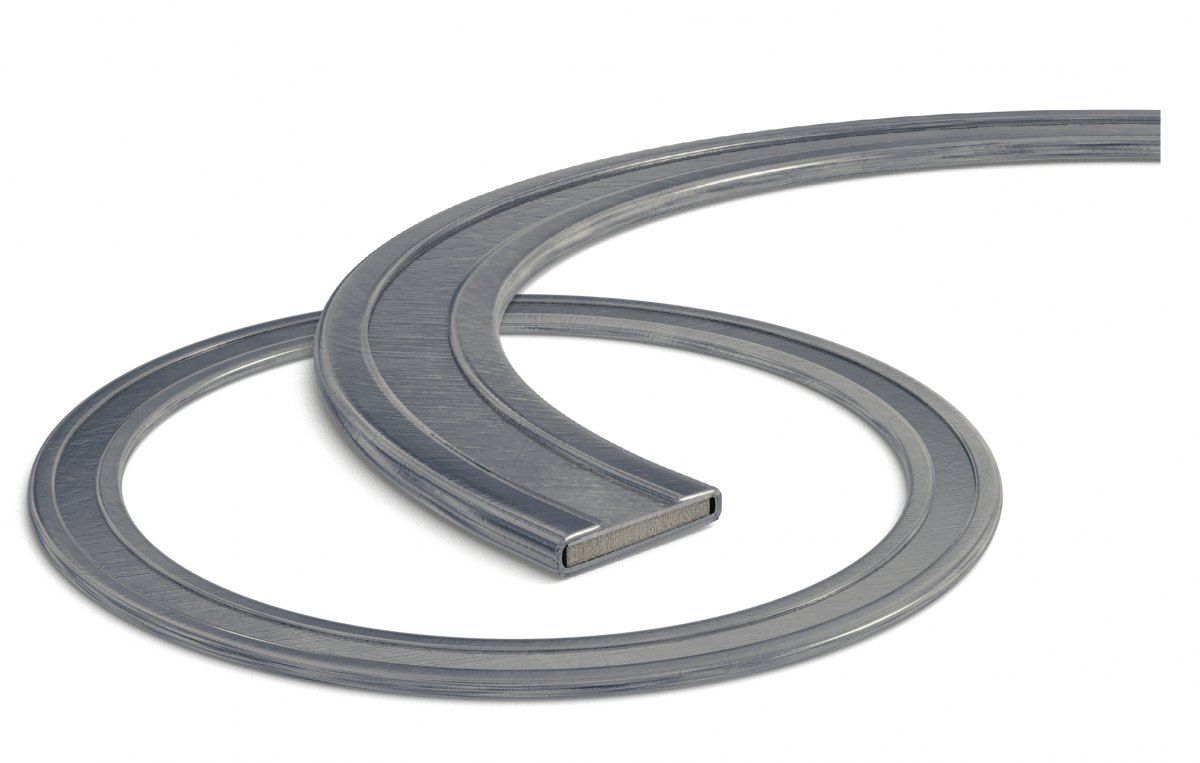
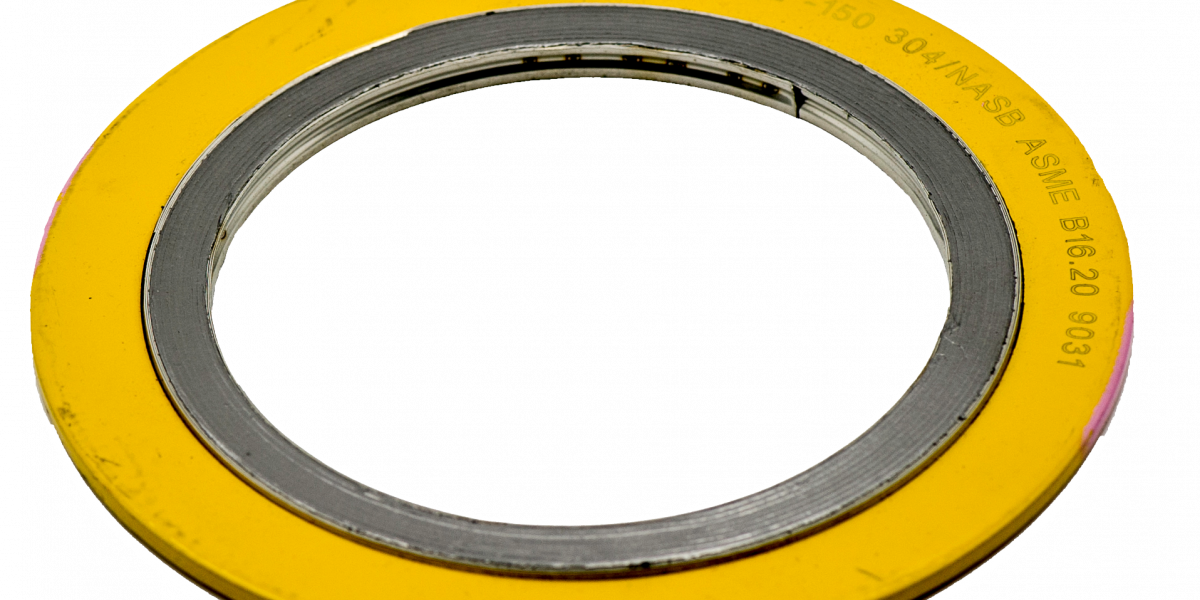
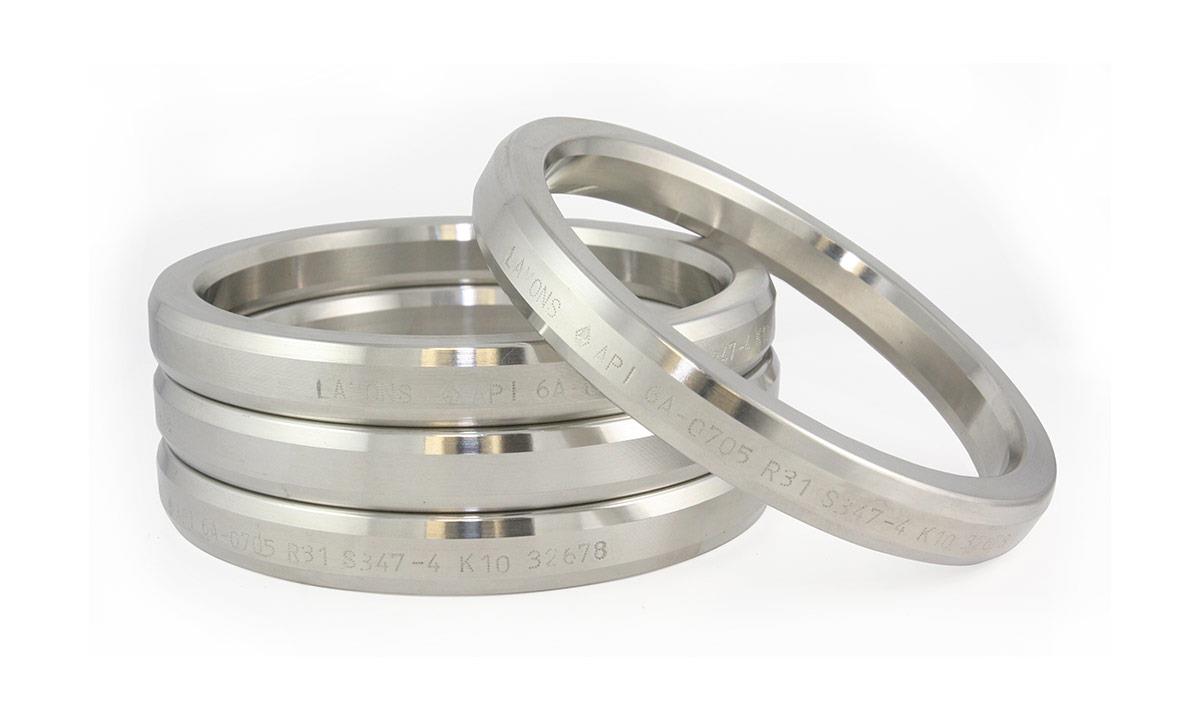
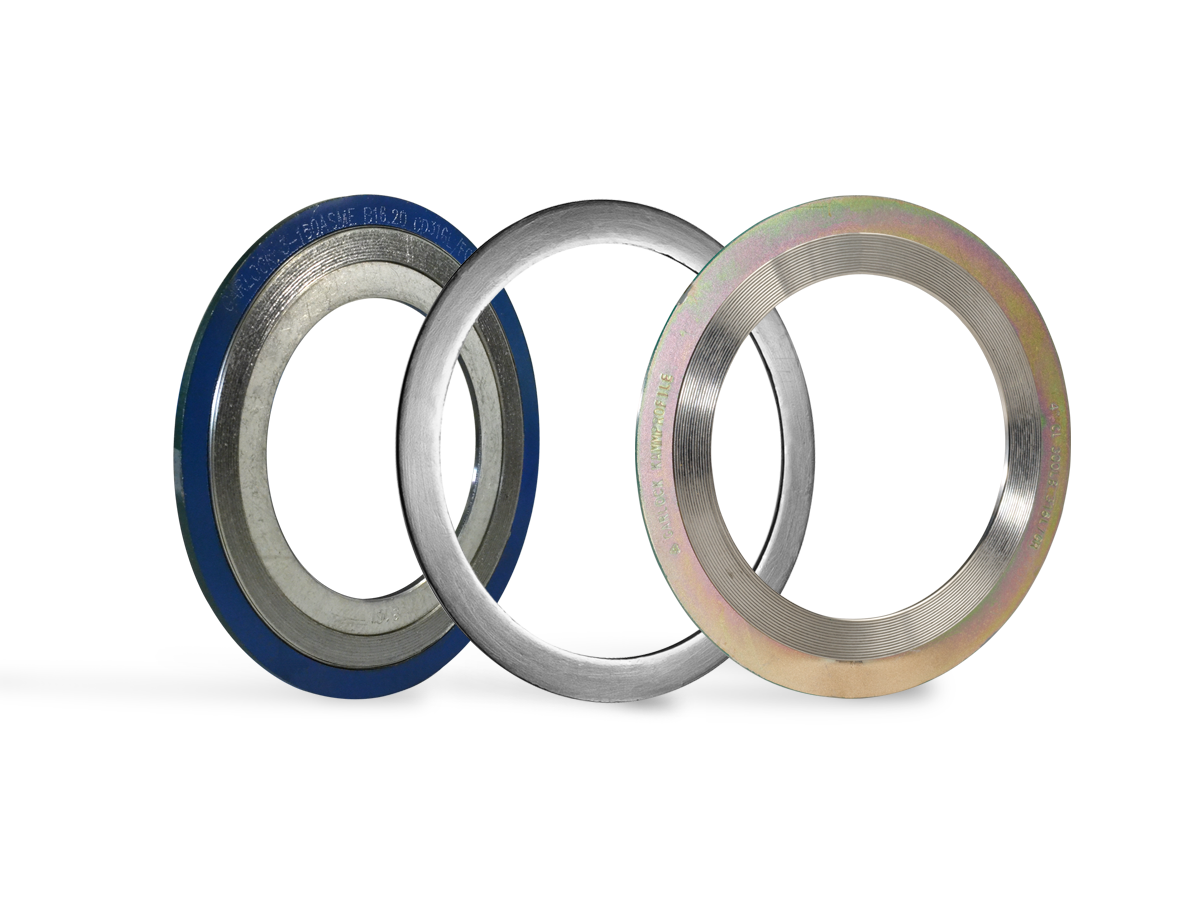

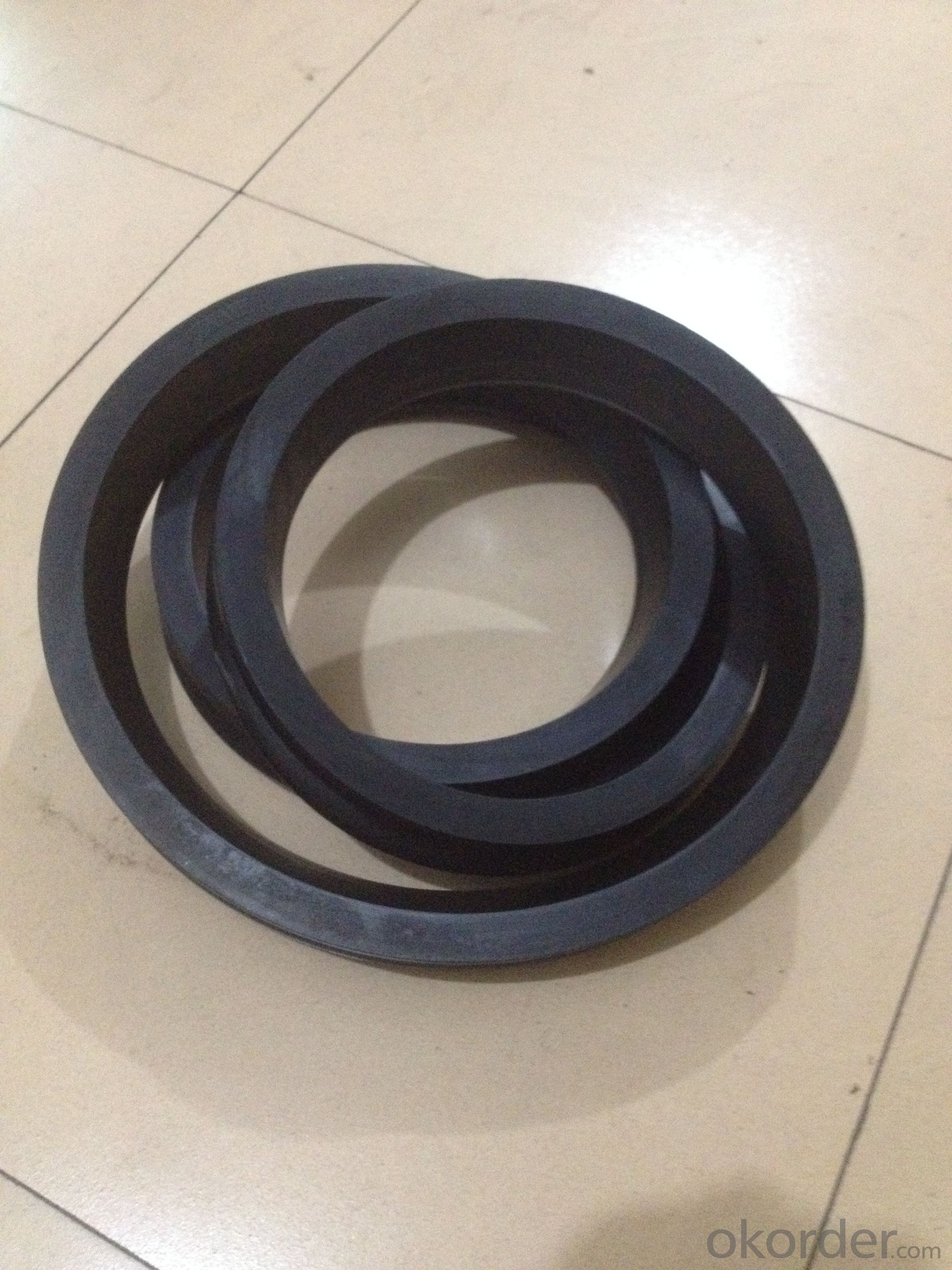






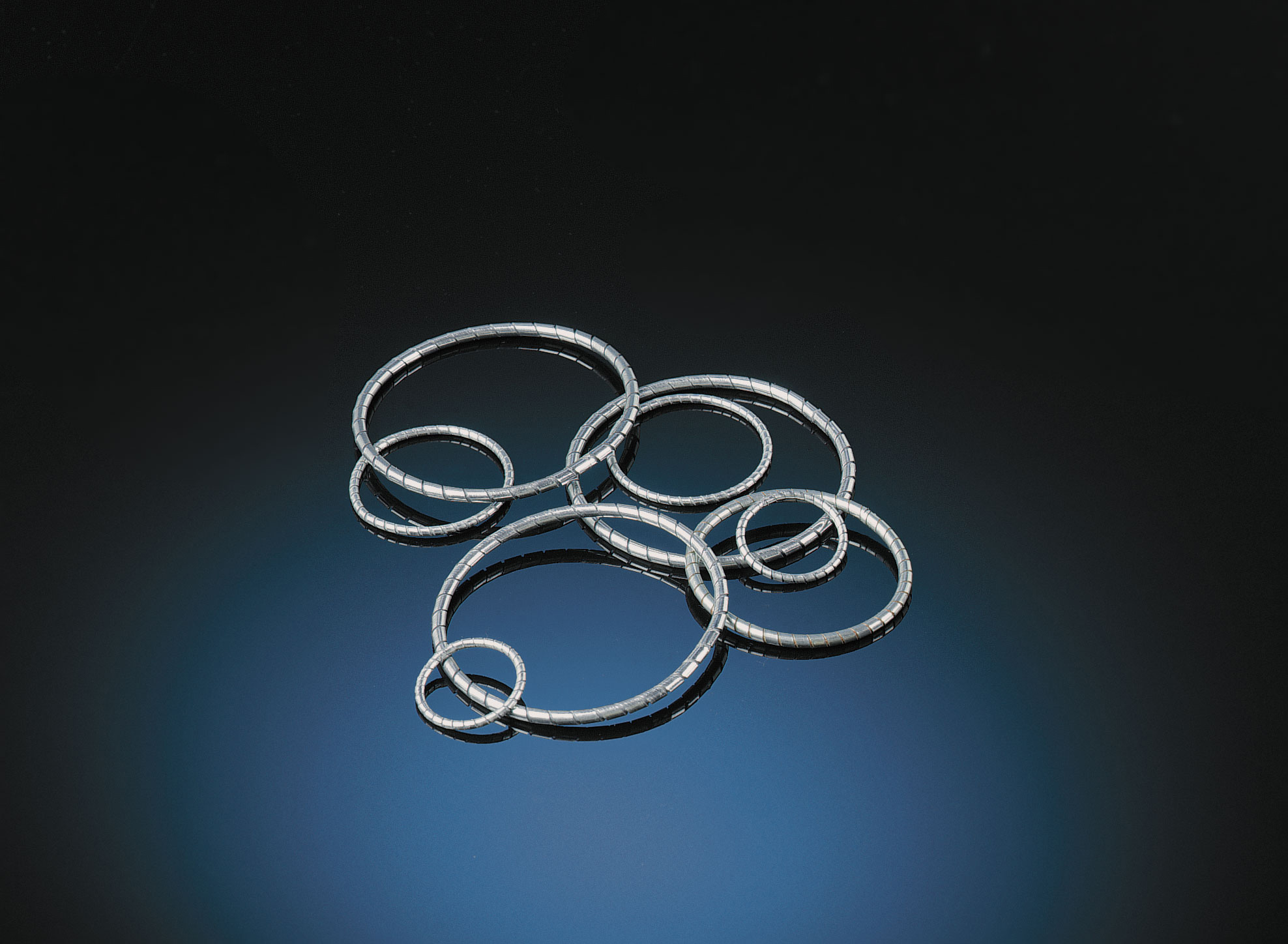
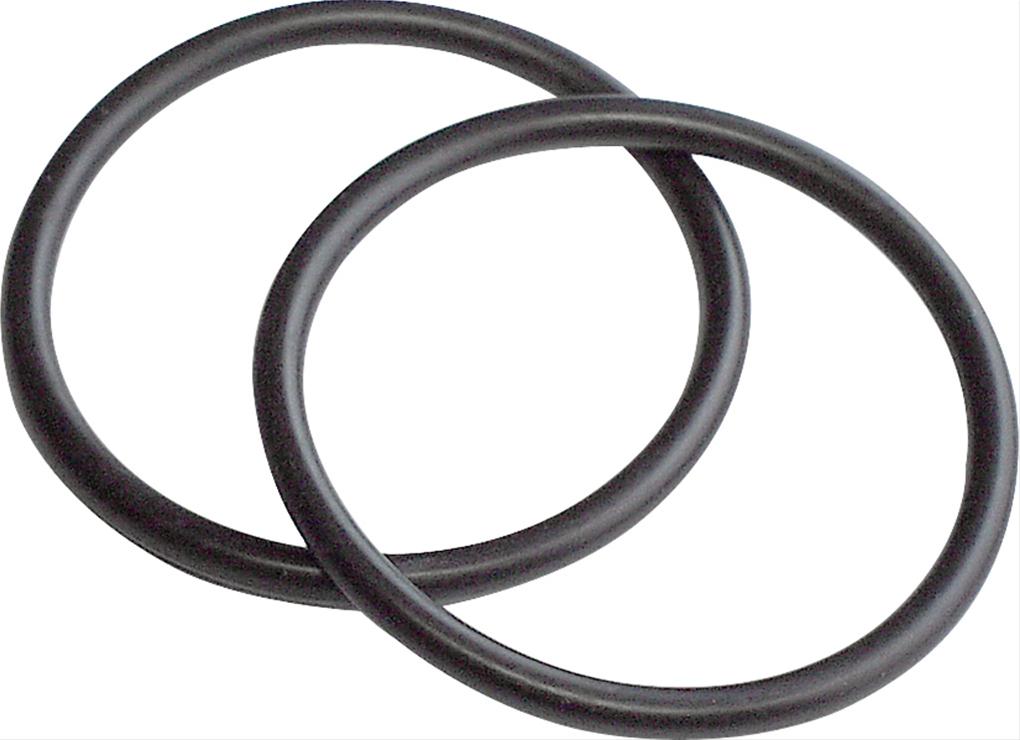
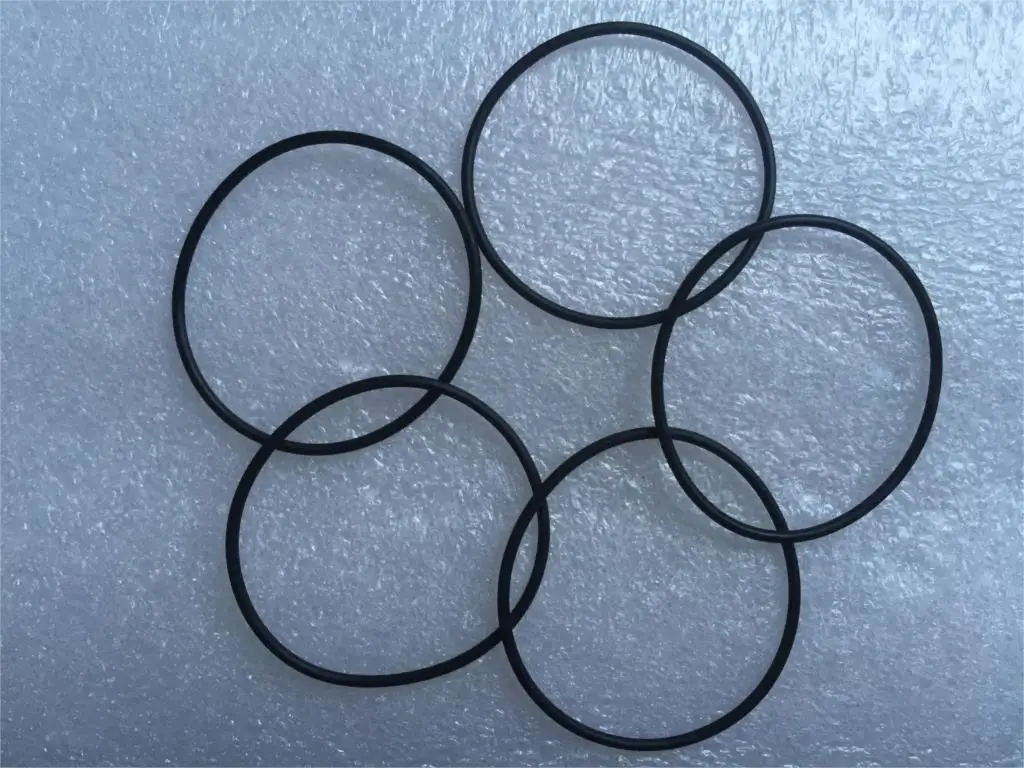
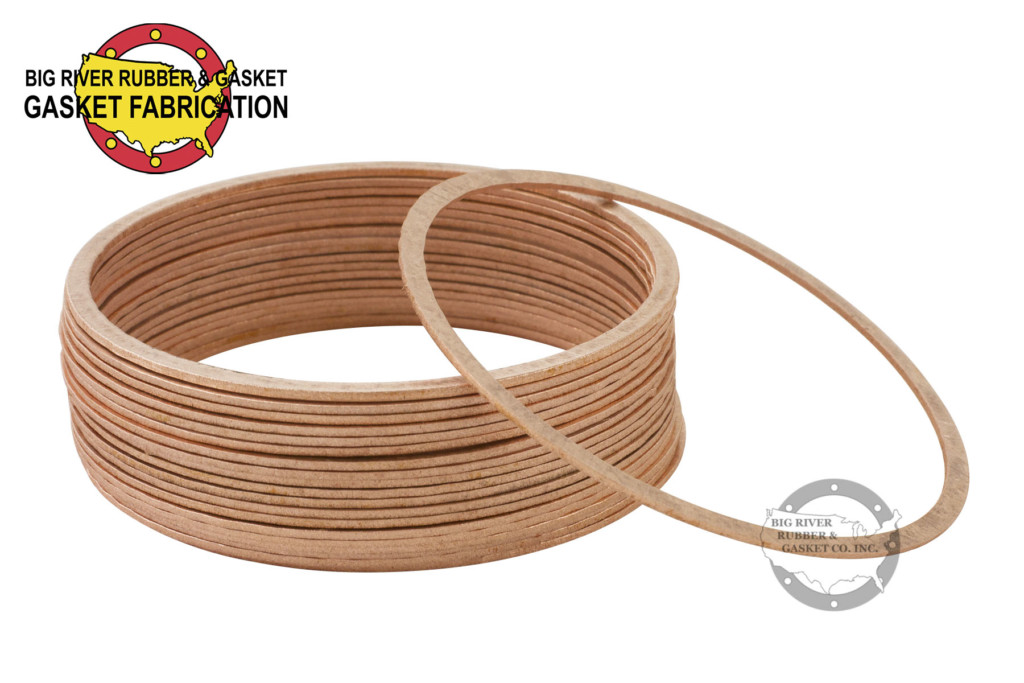


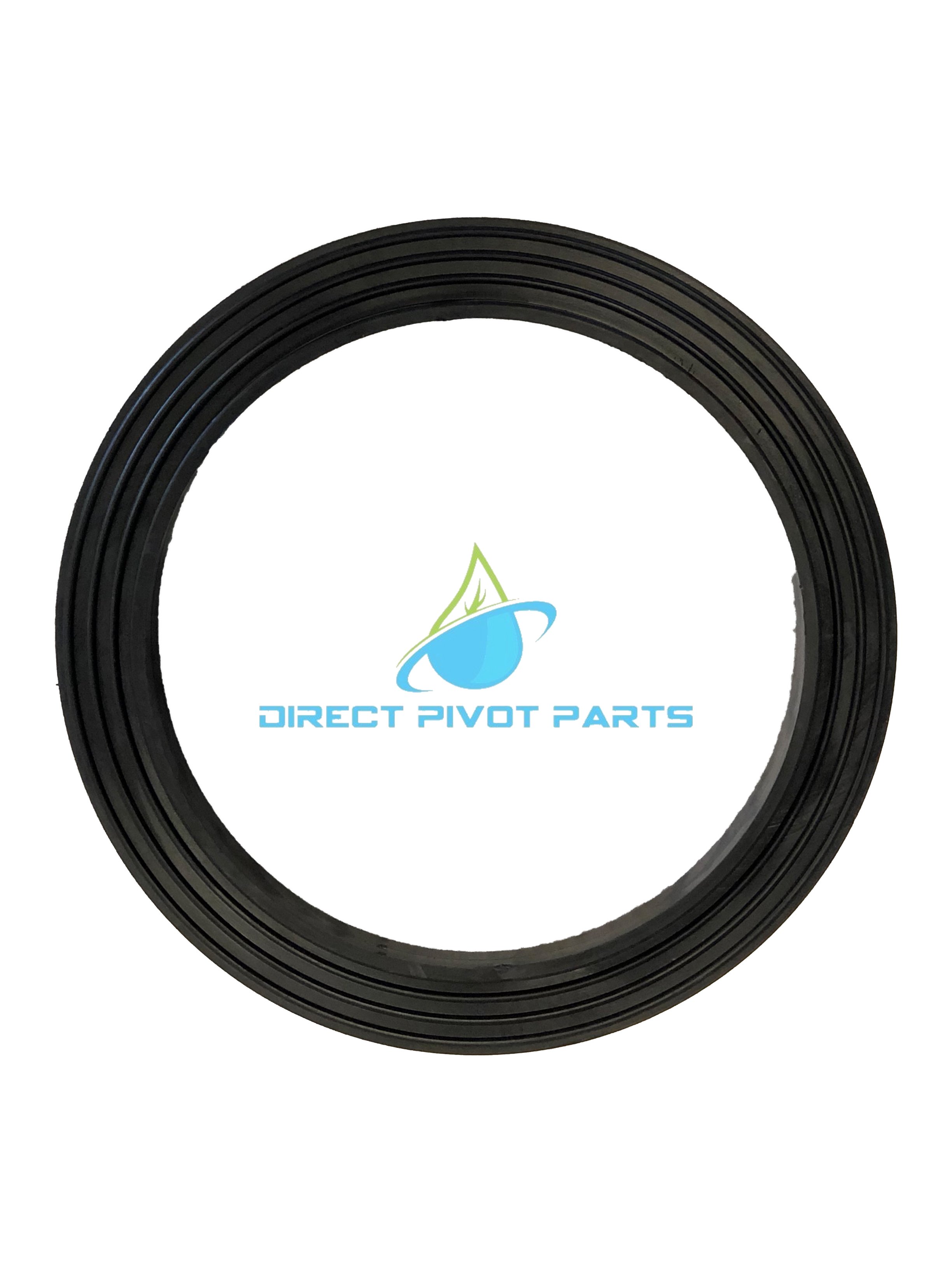


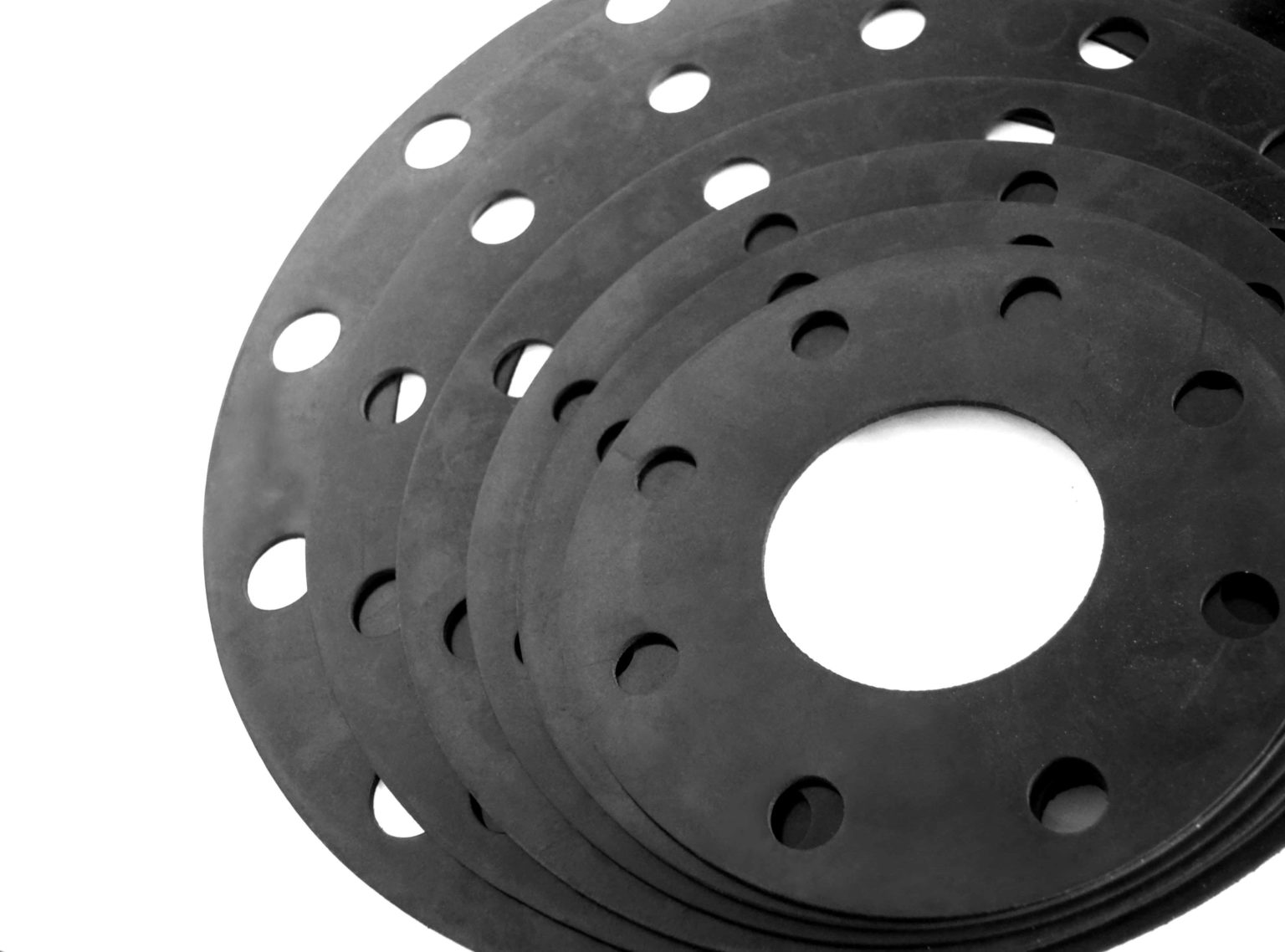
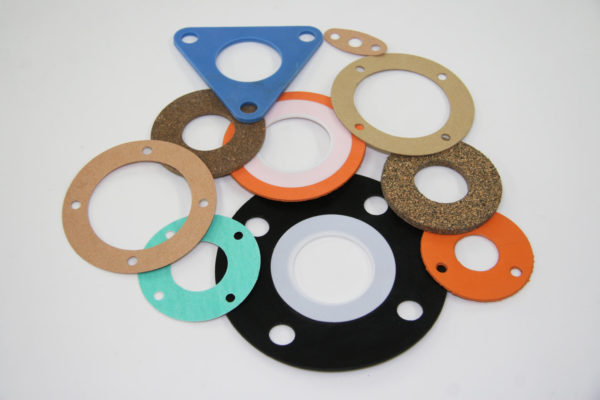

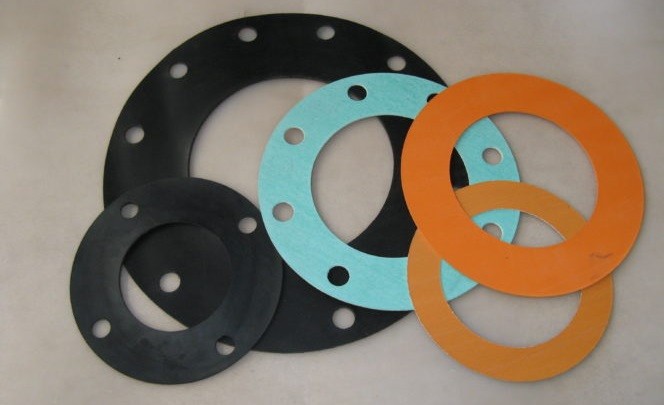


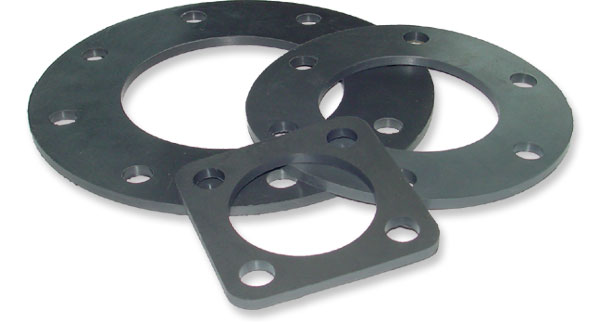




/gray-kitchen-cabinet-ideas-22-cathie-hong-interiors-scandinavian-c08d577bdaf54eb7a7715b0bacfec108.jpeg)
